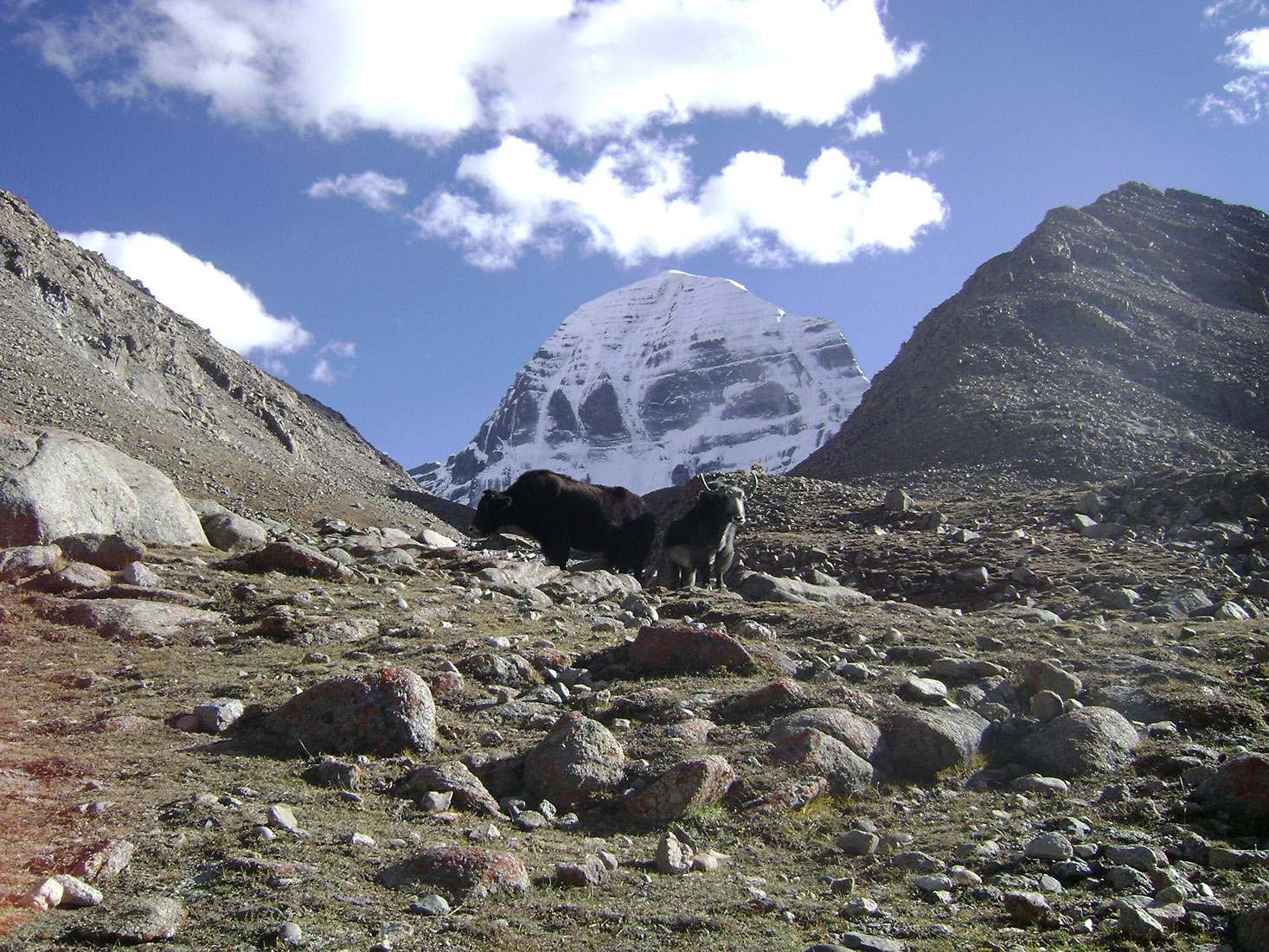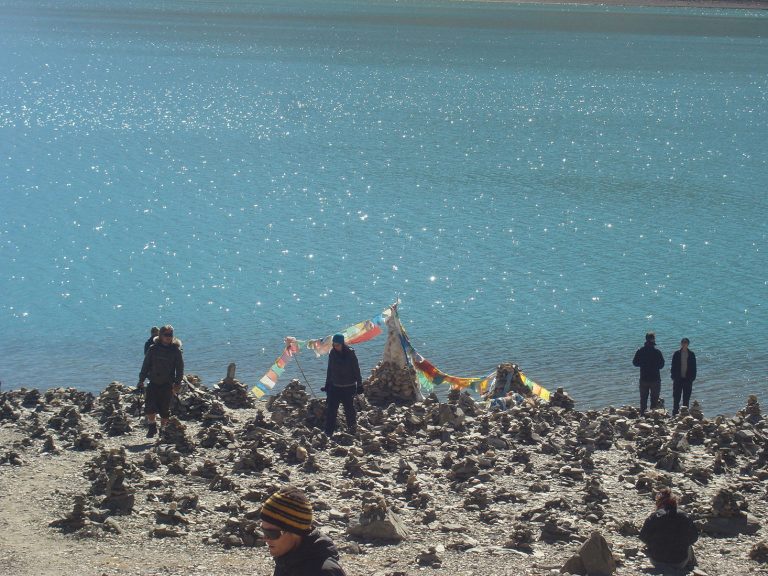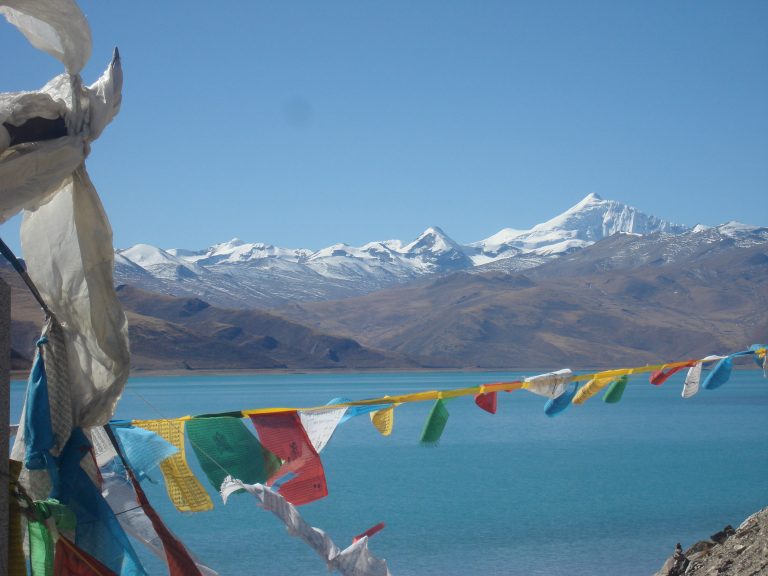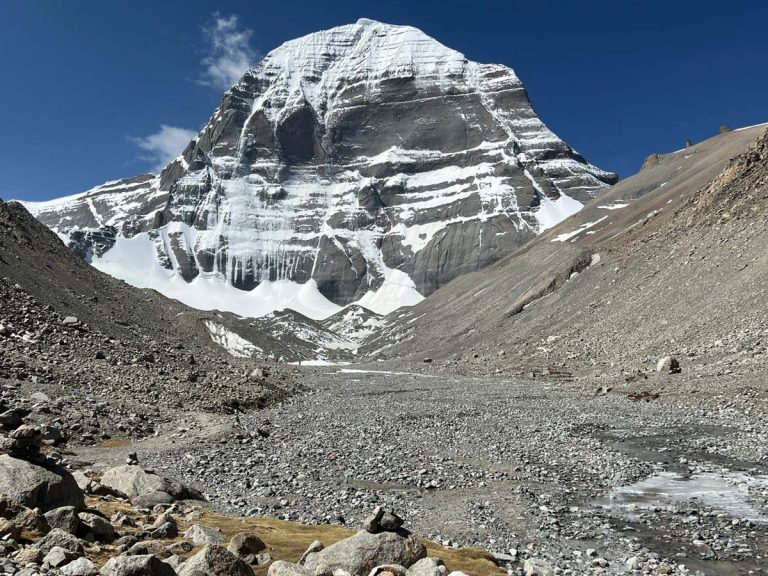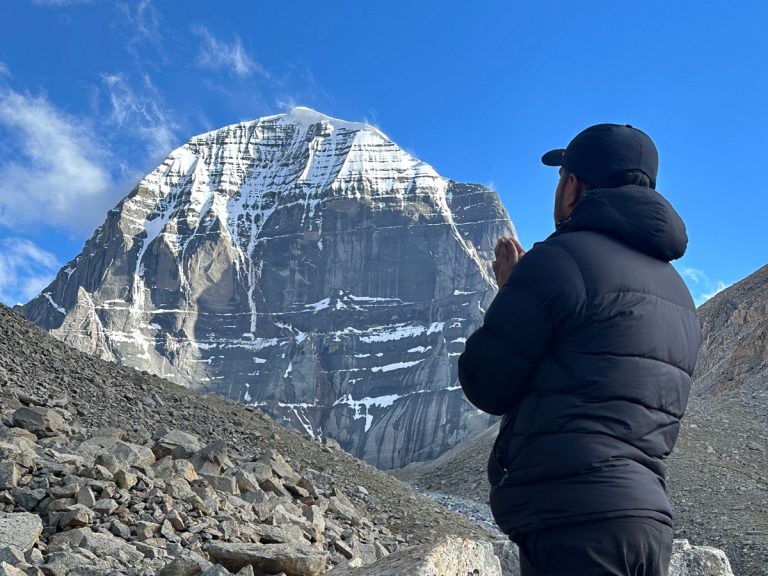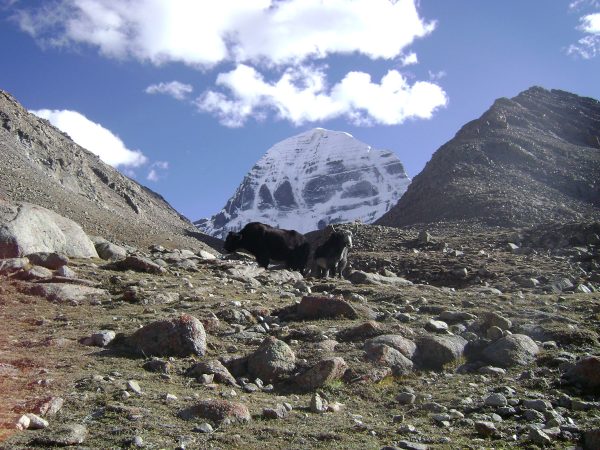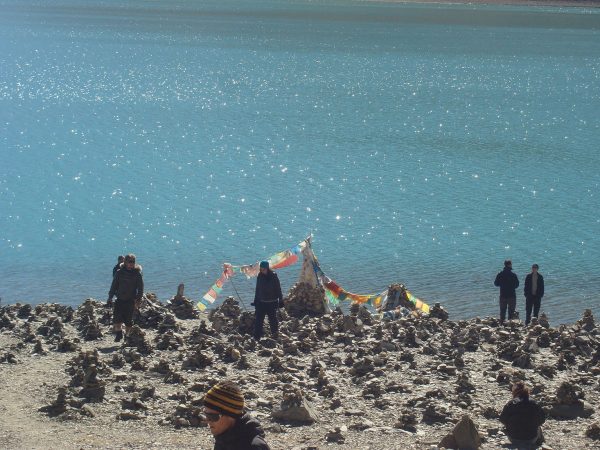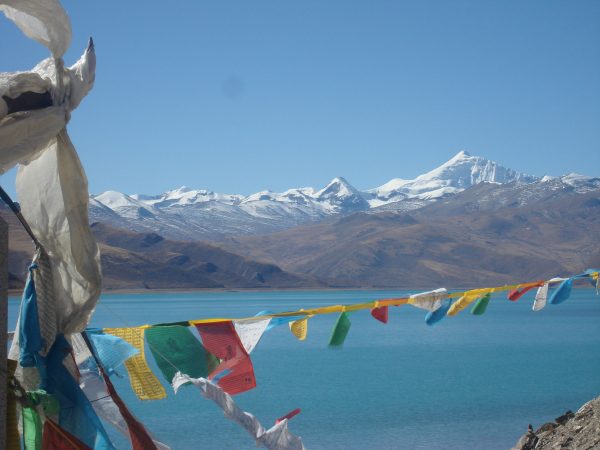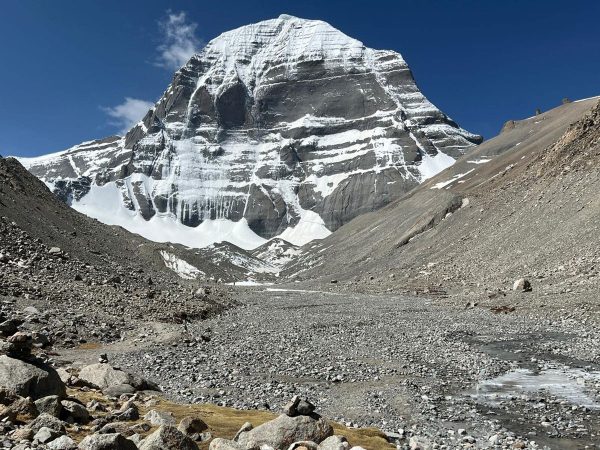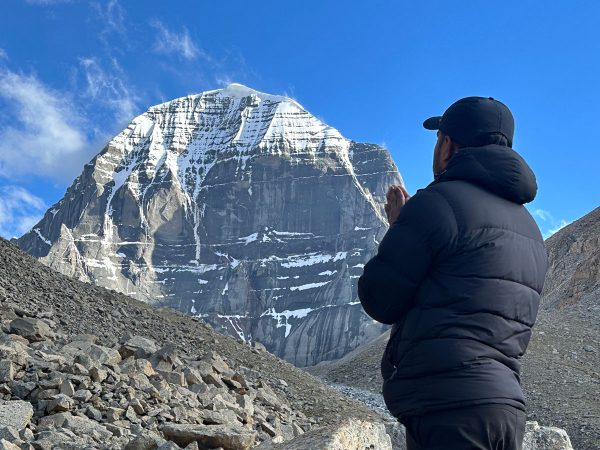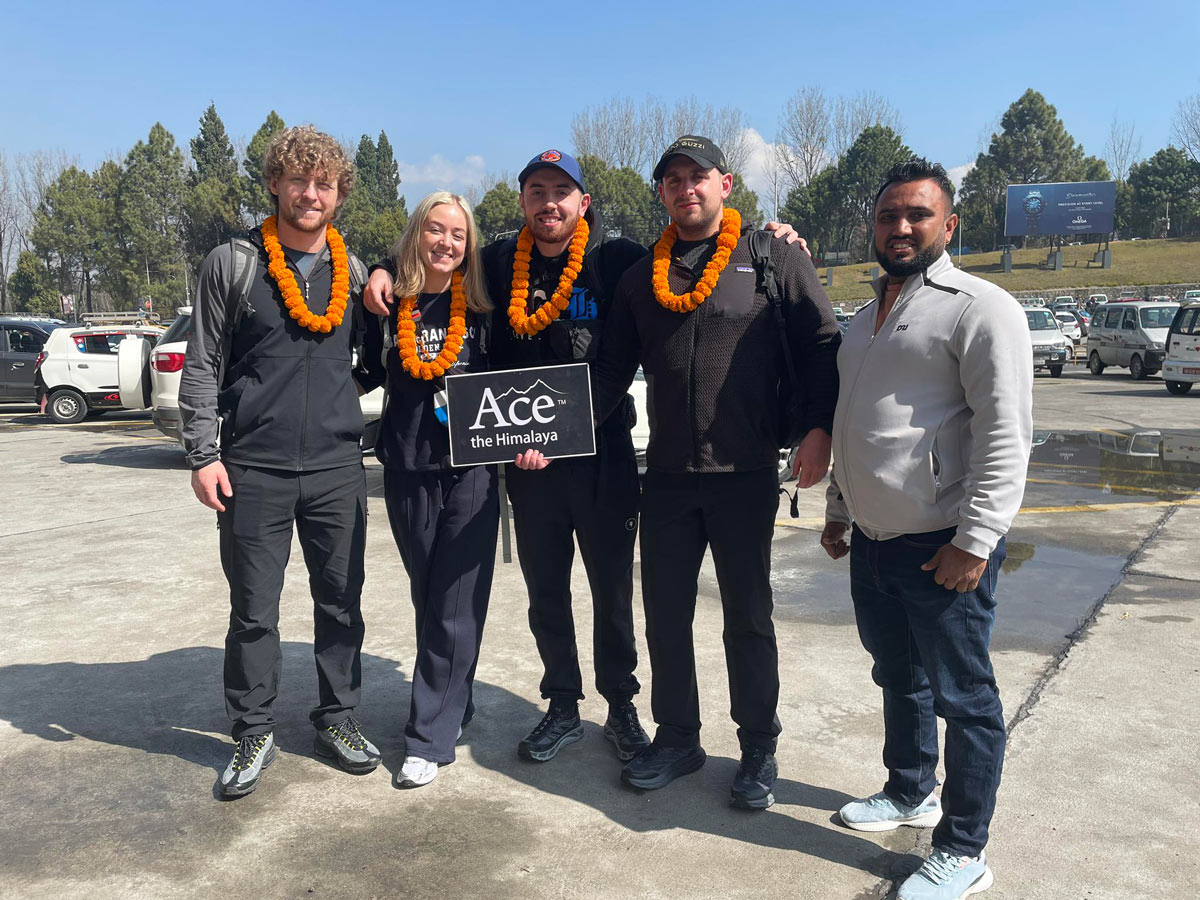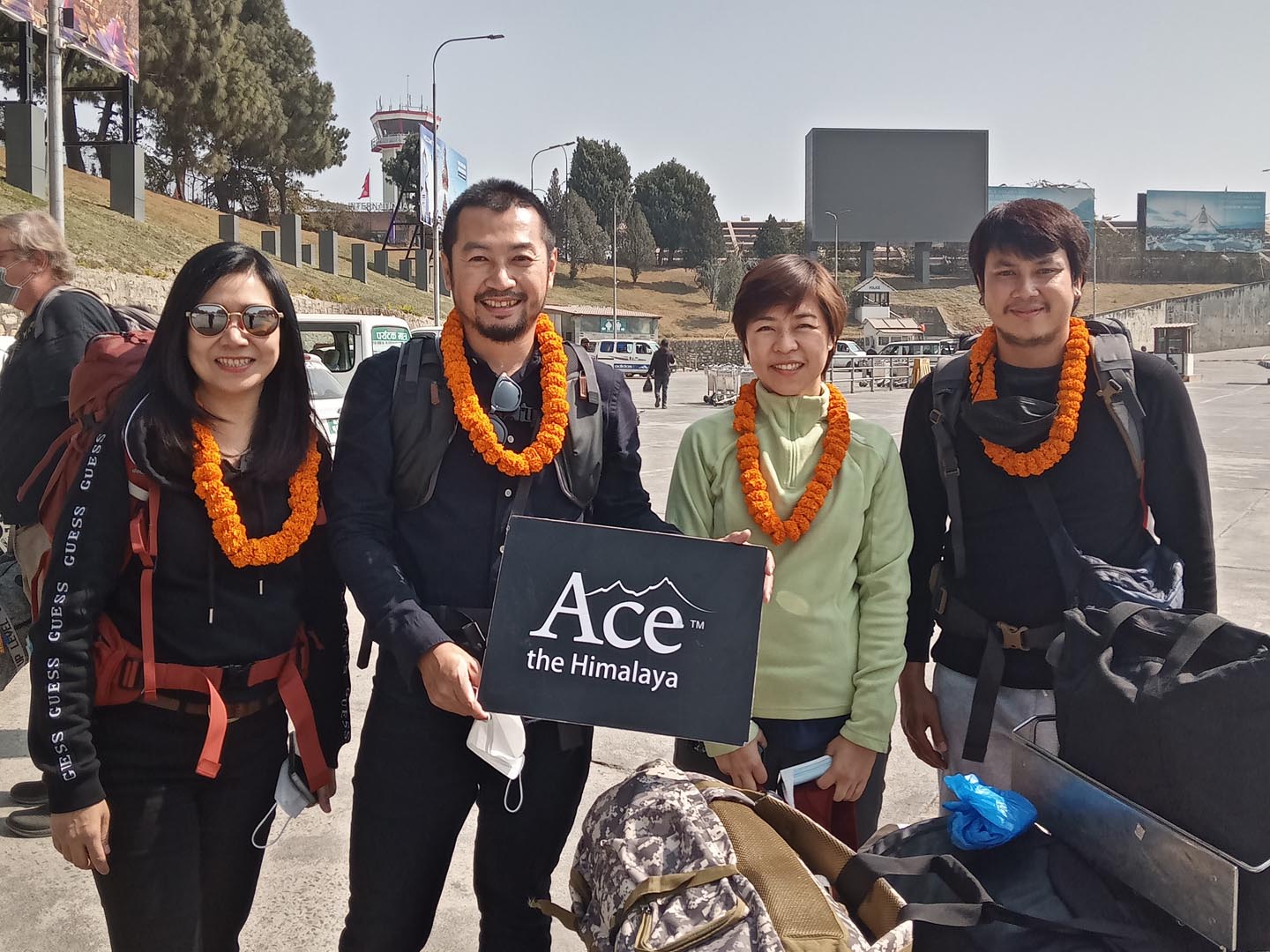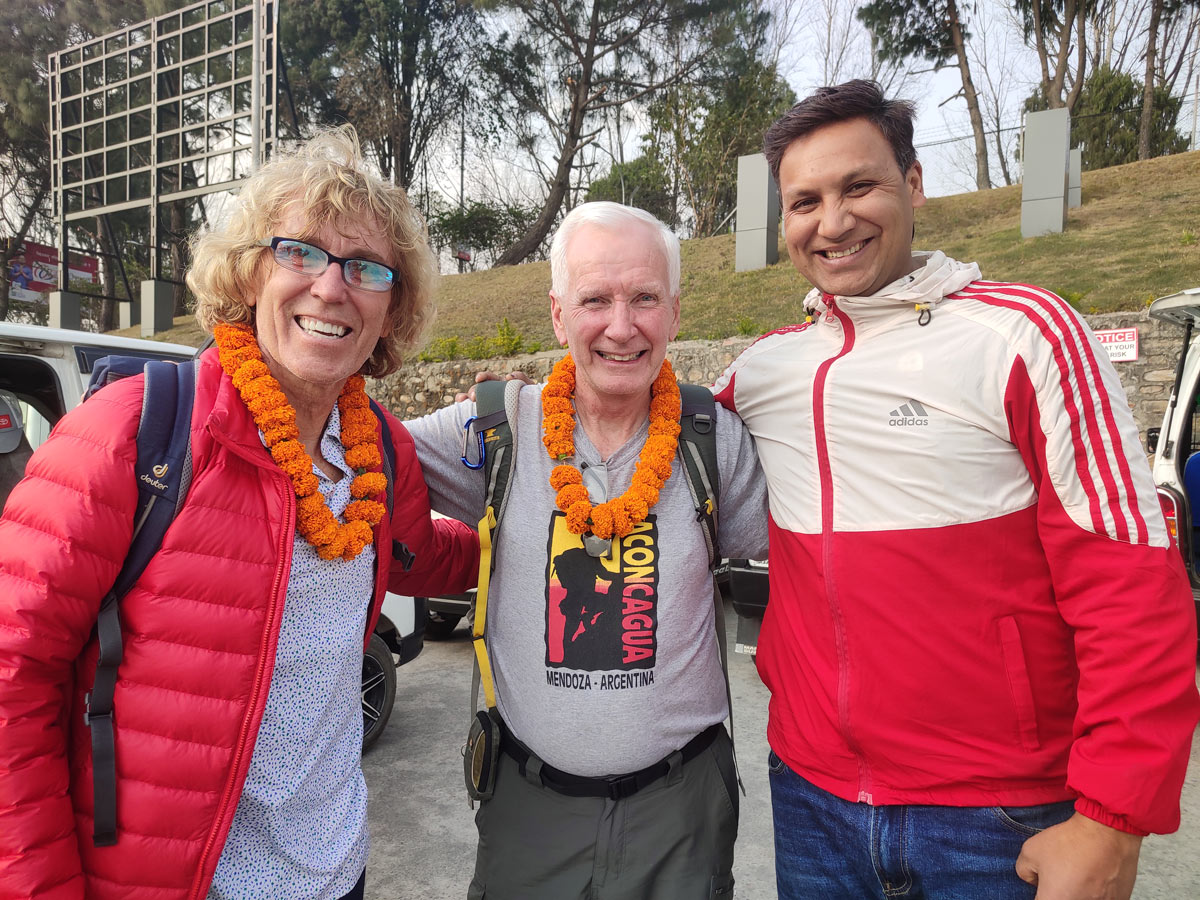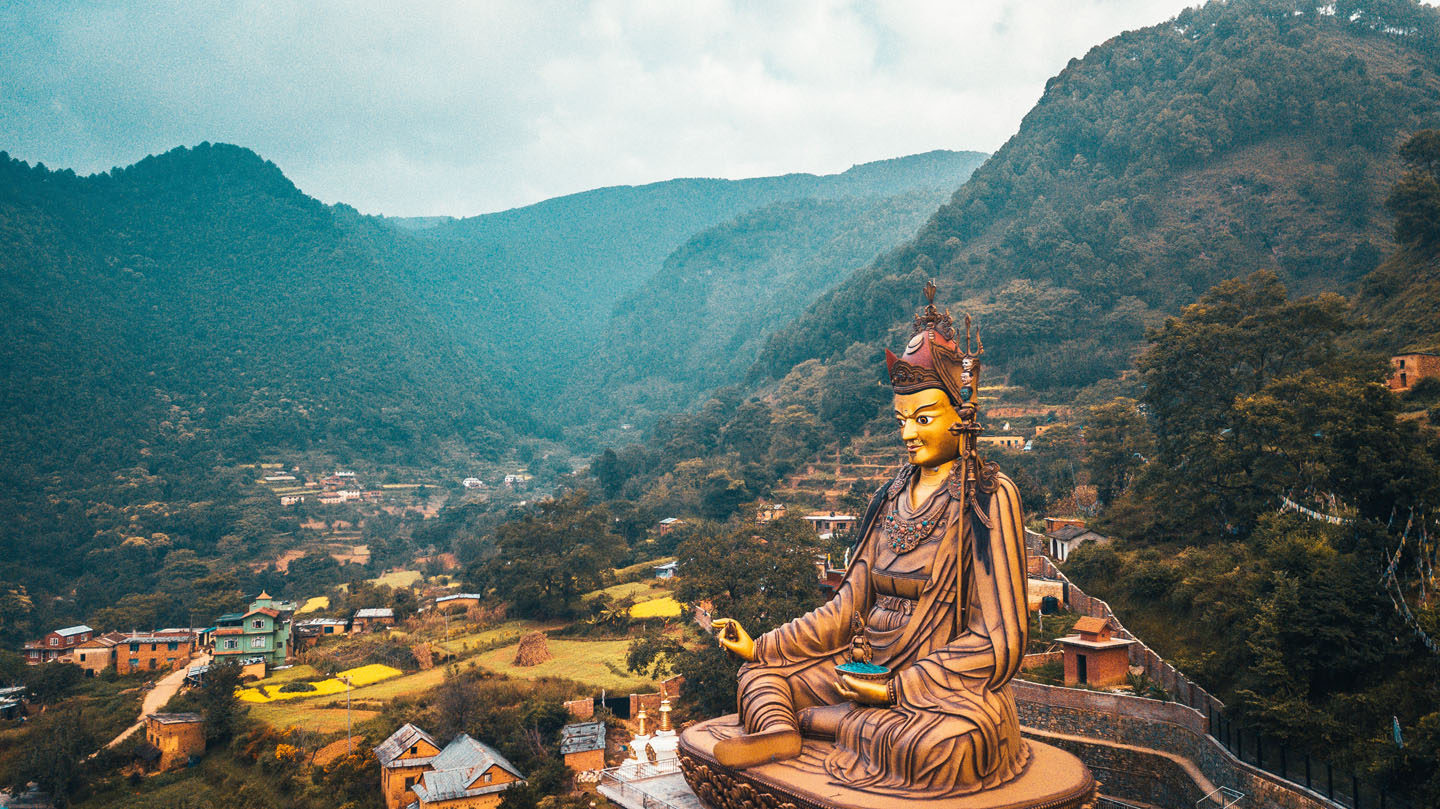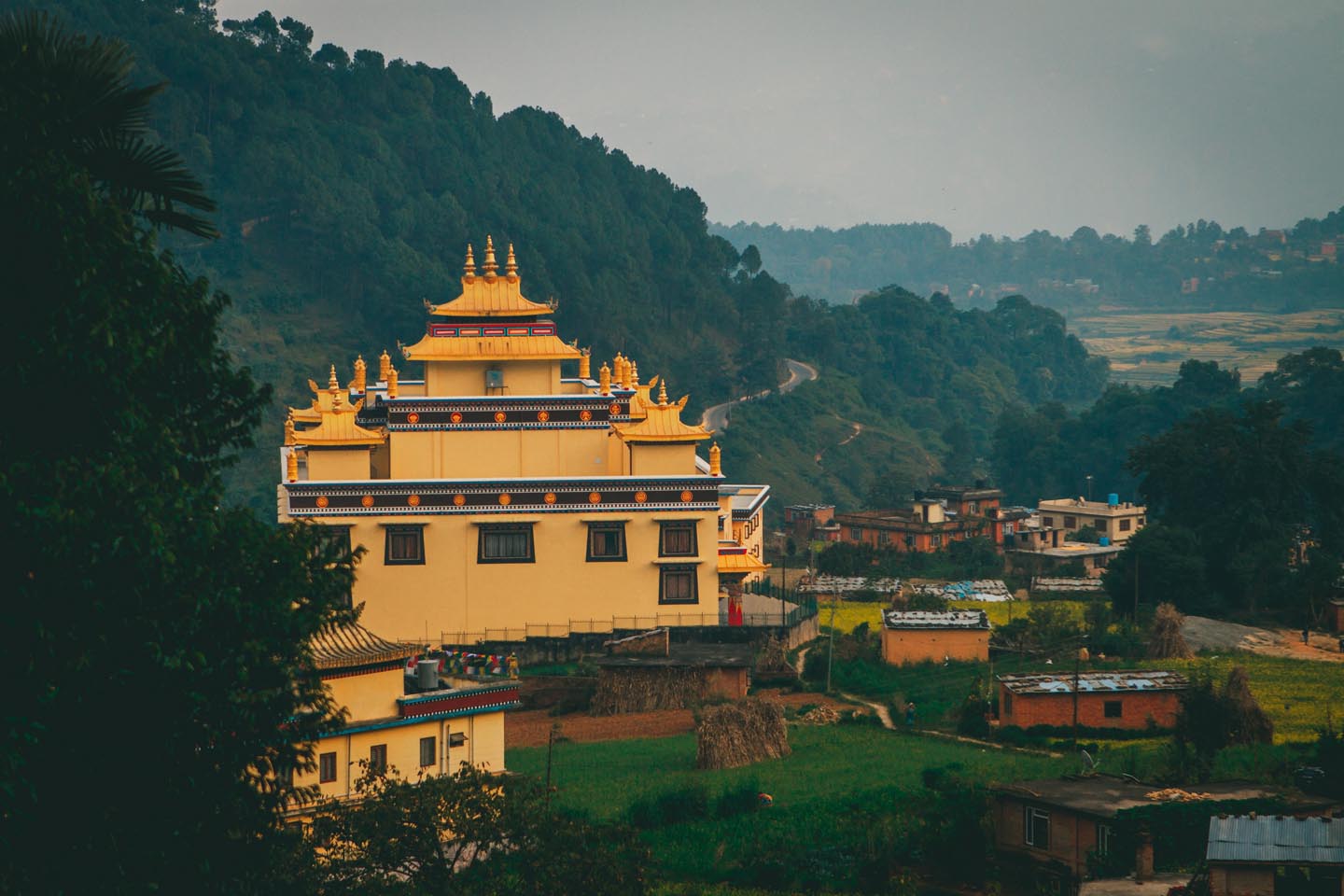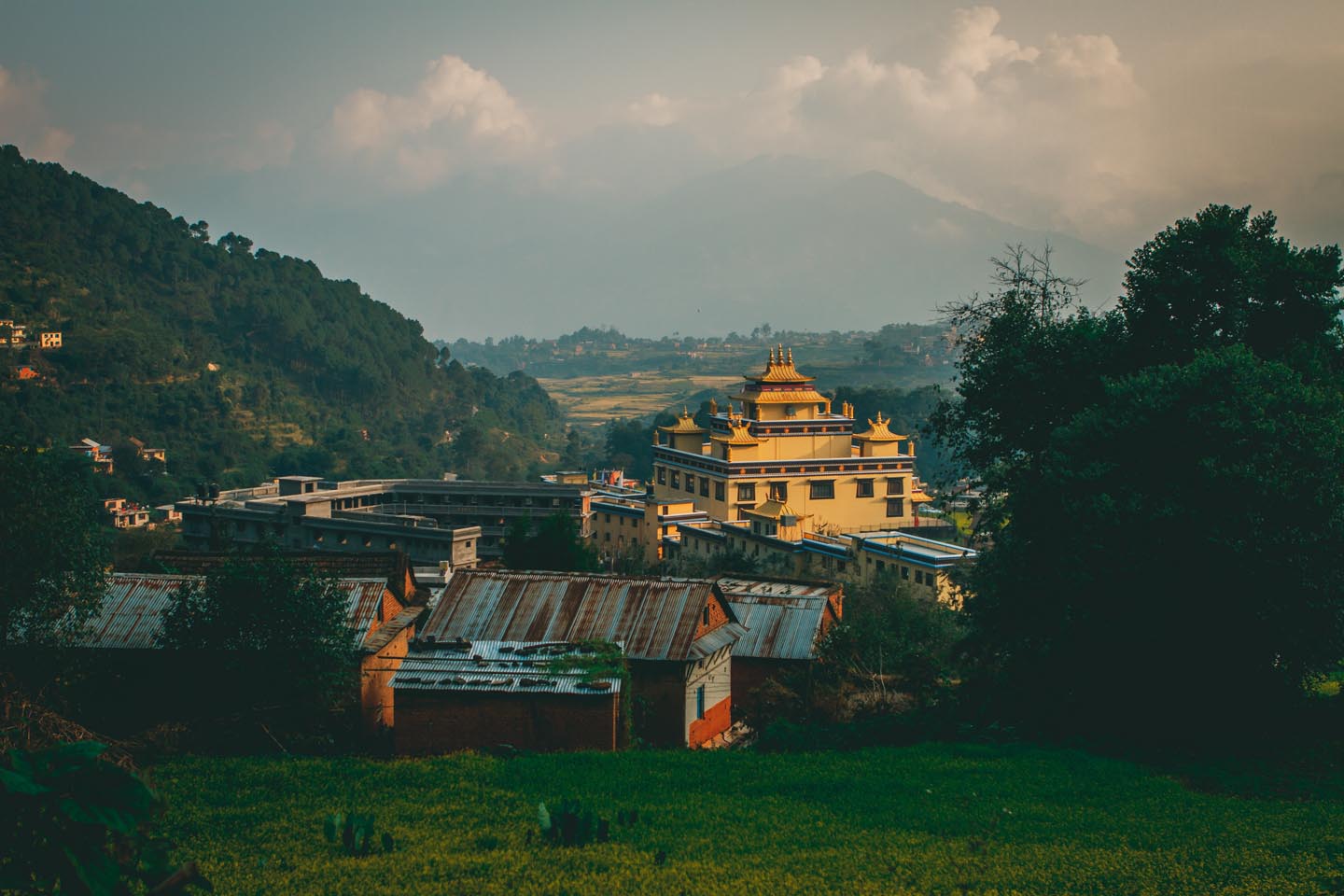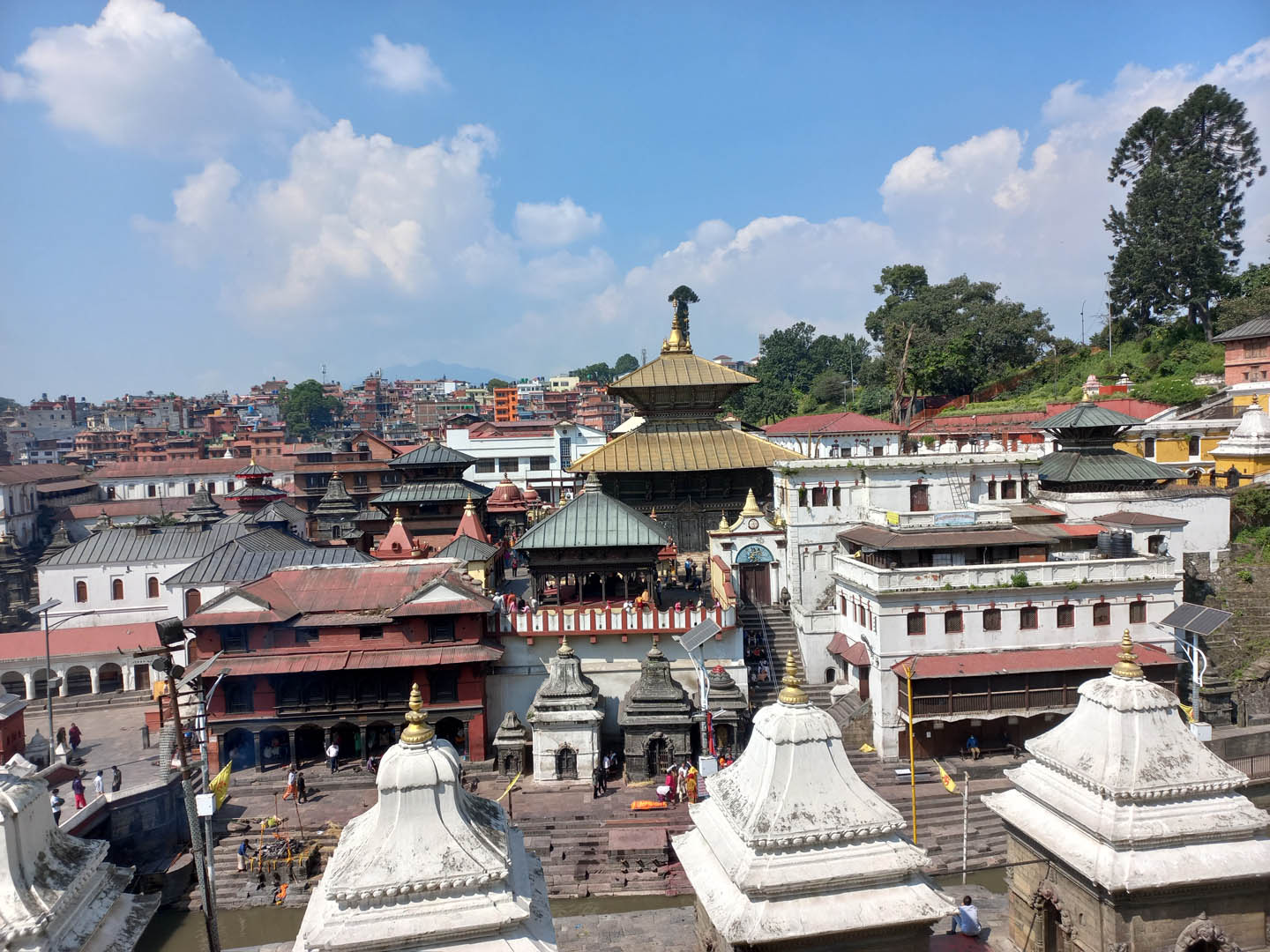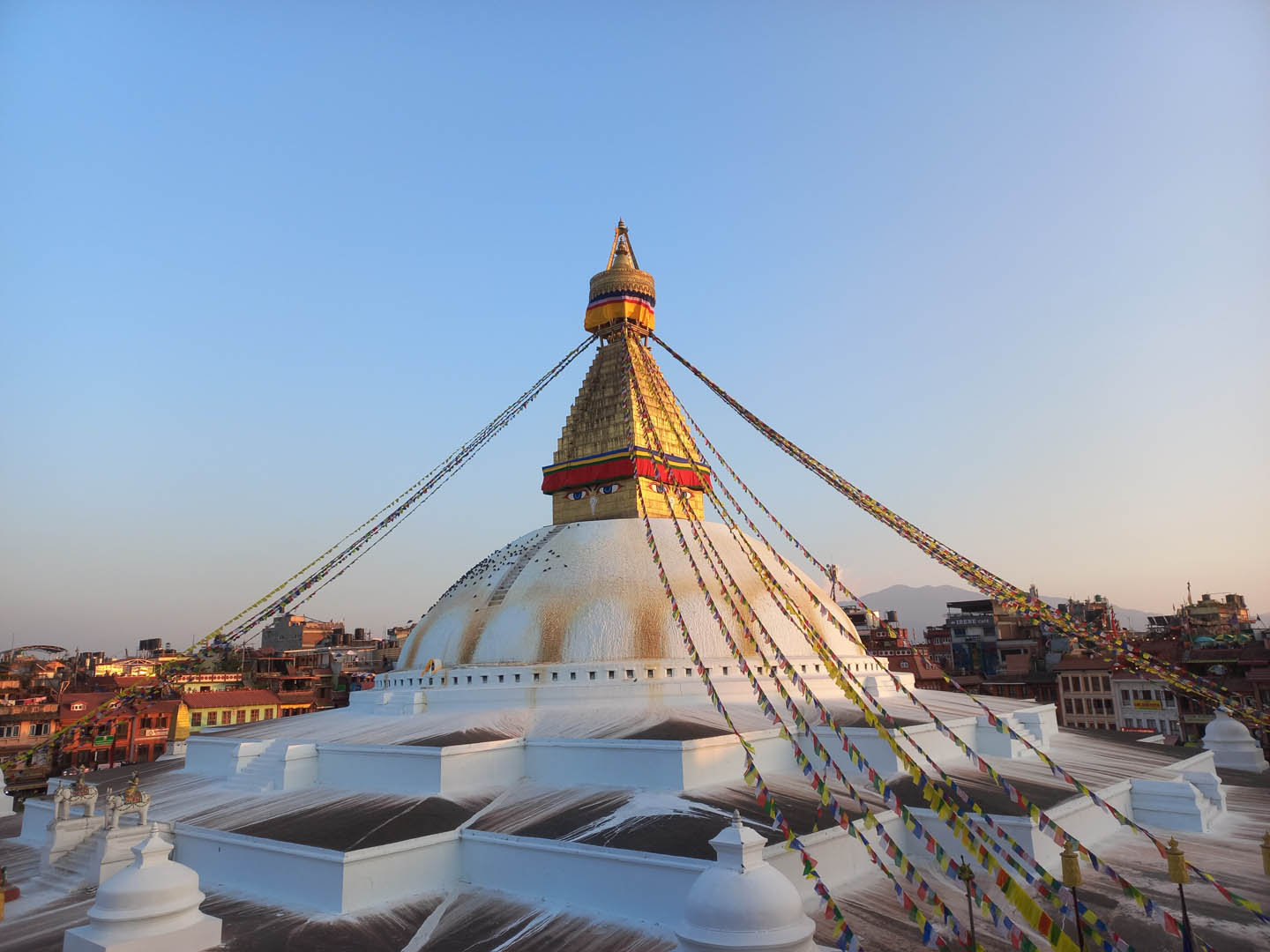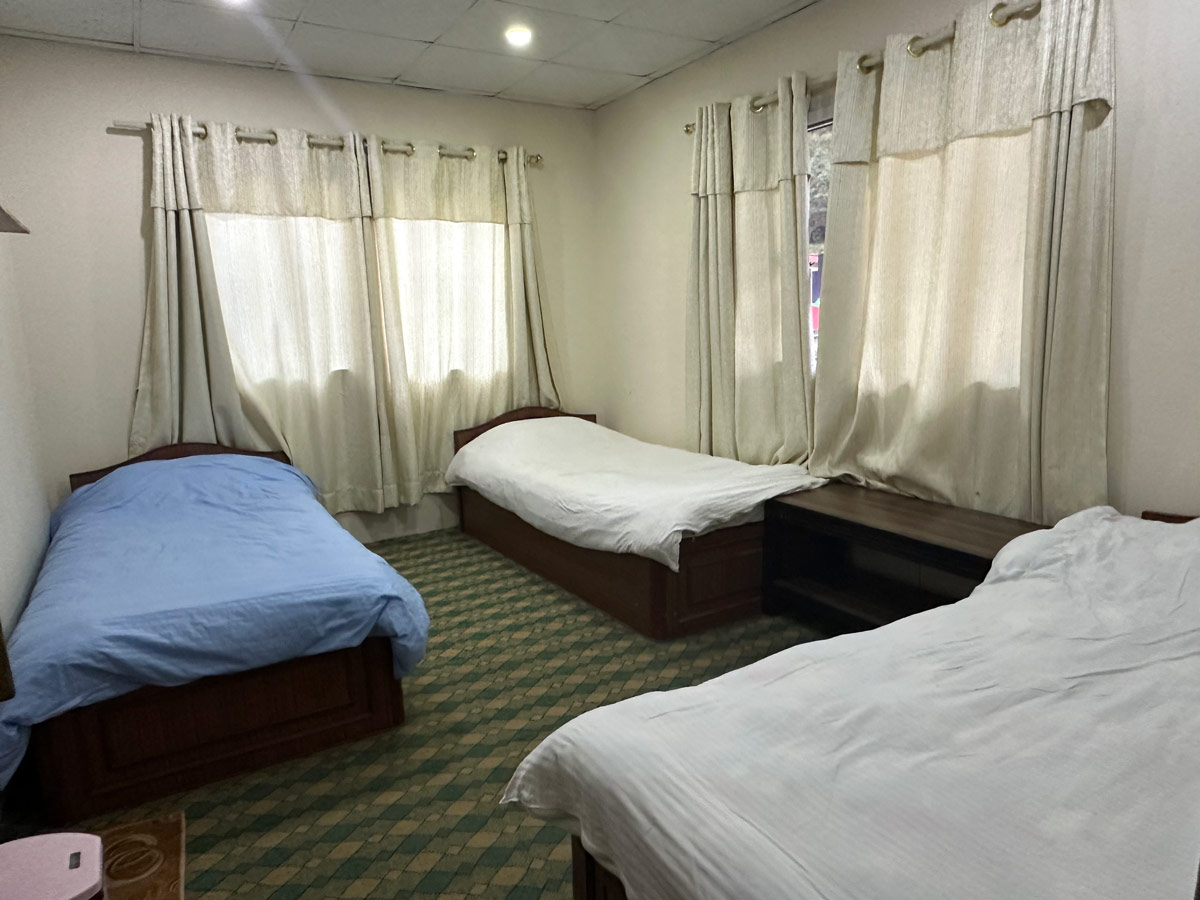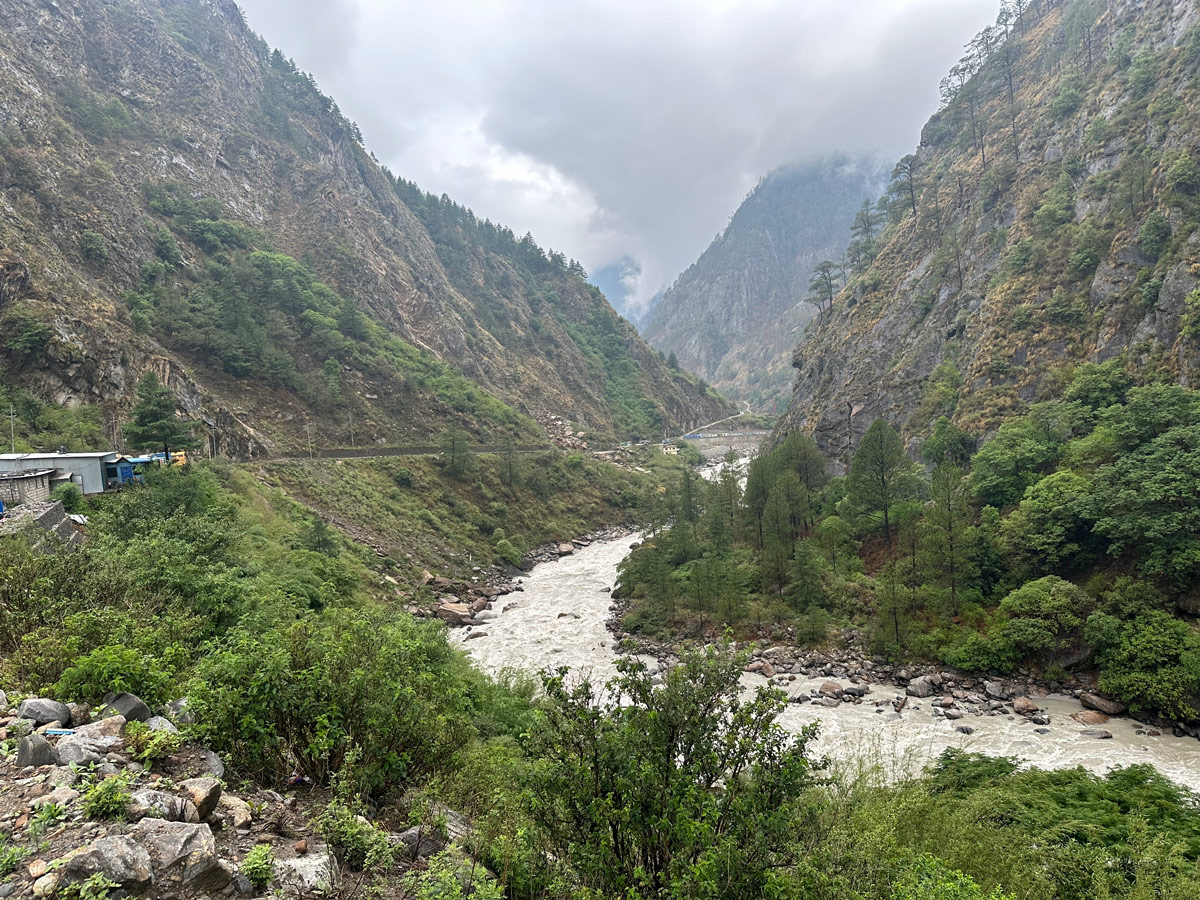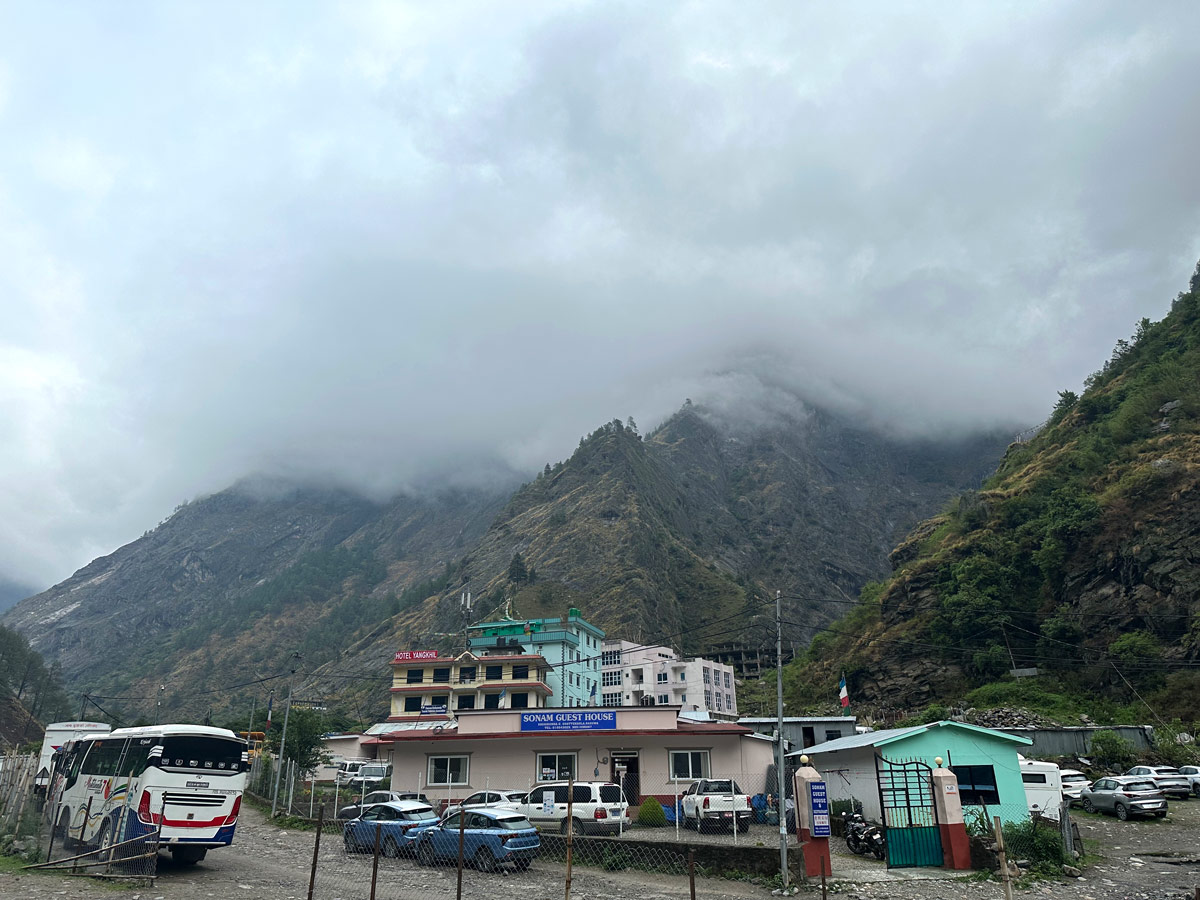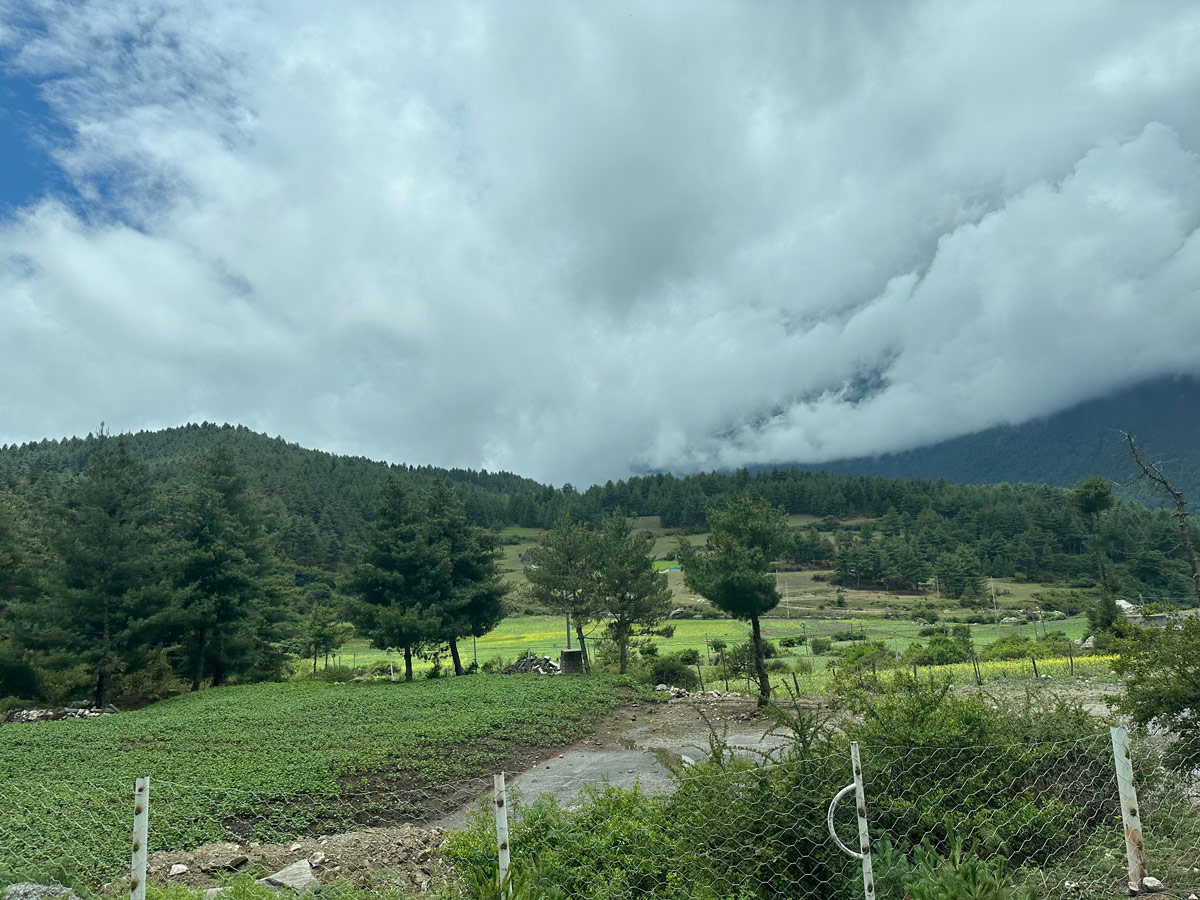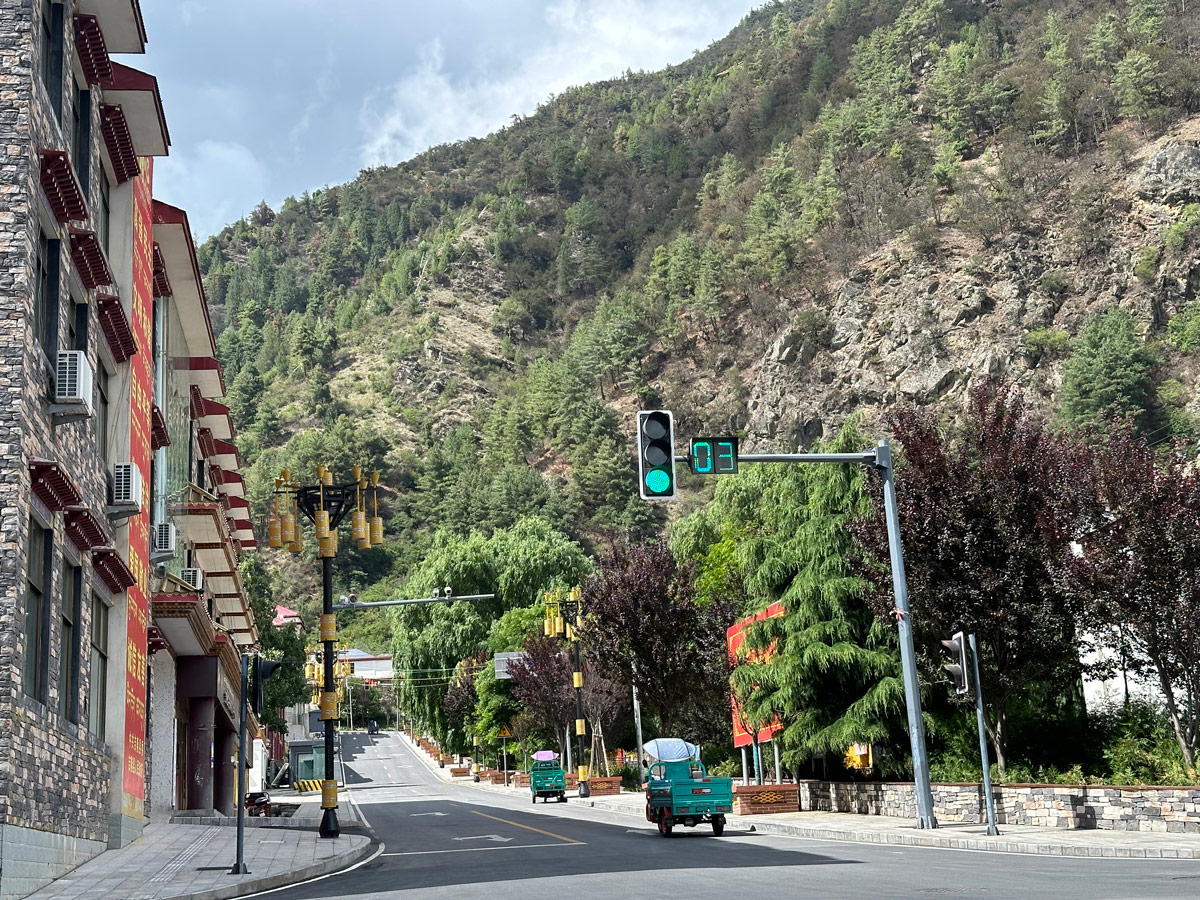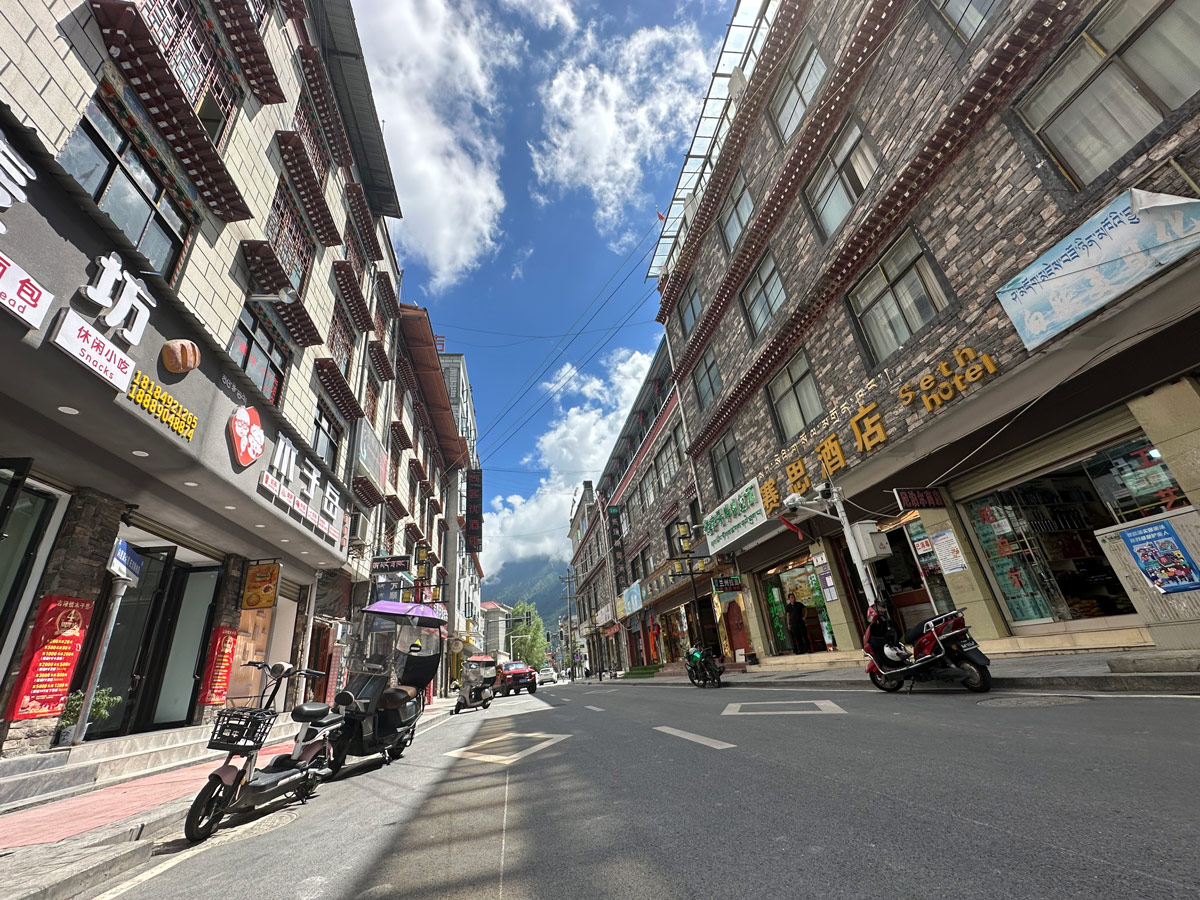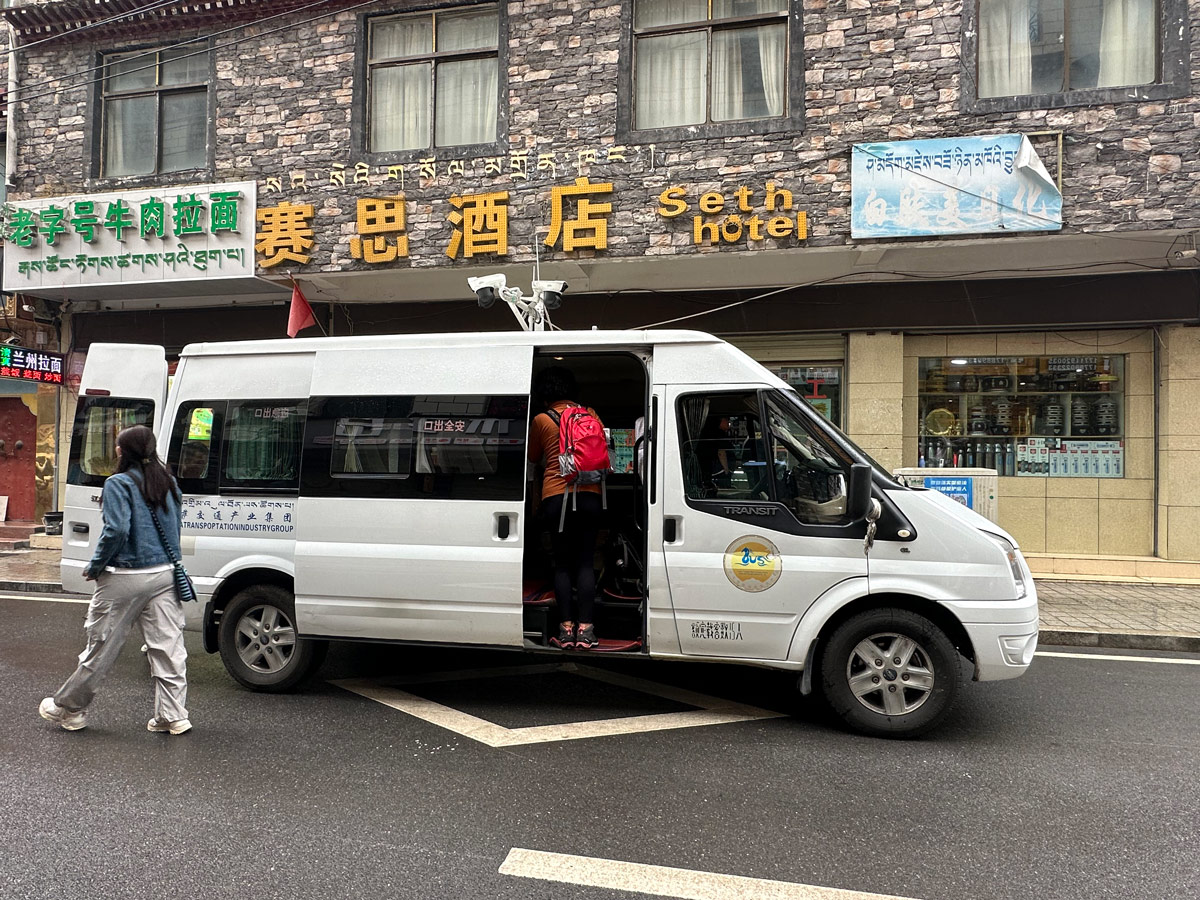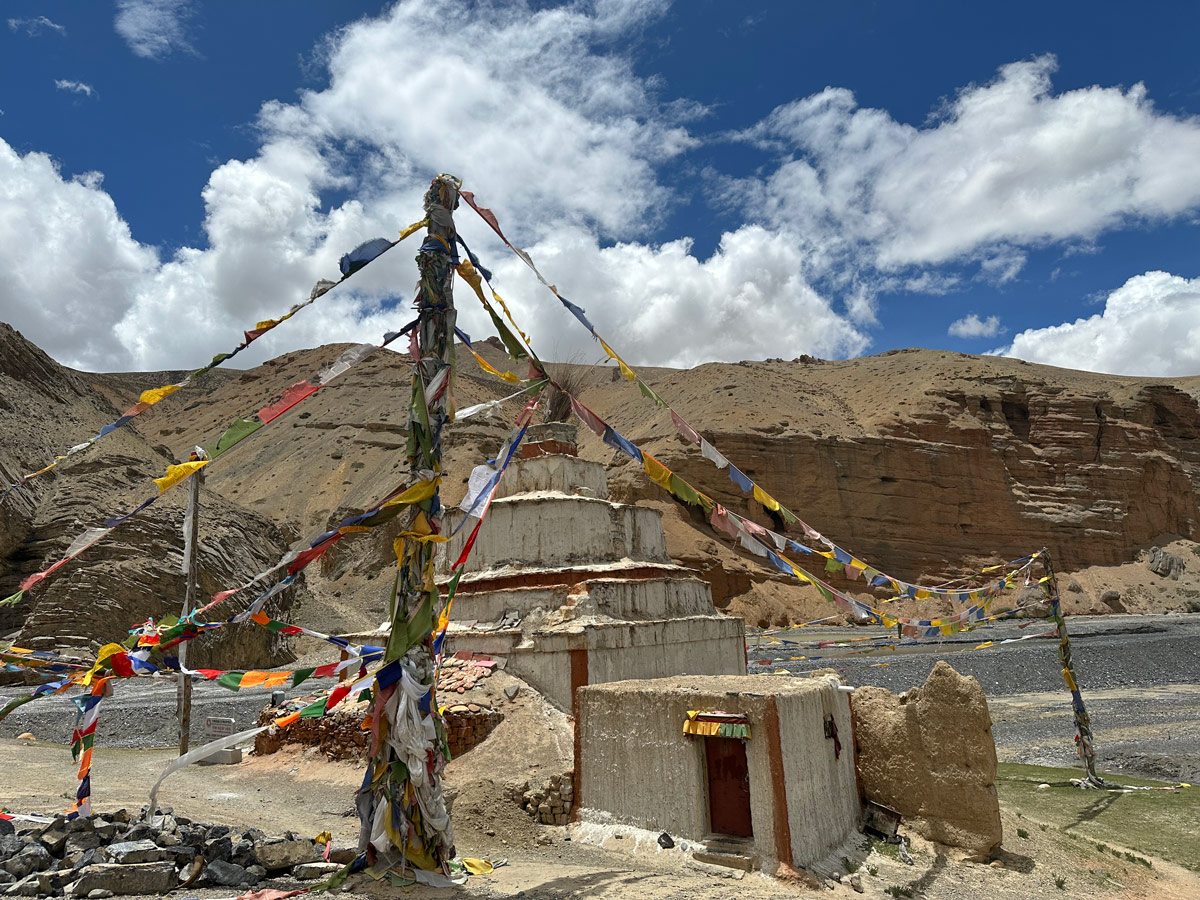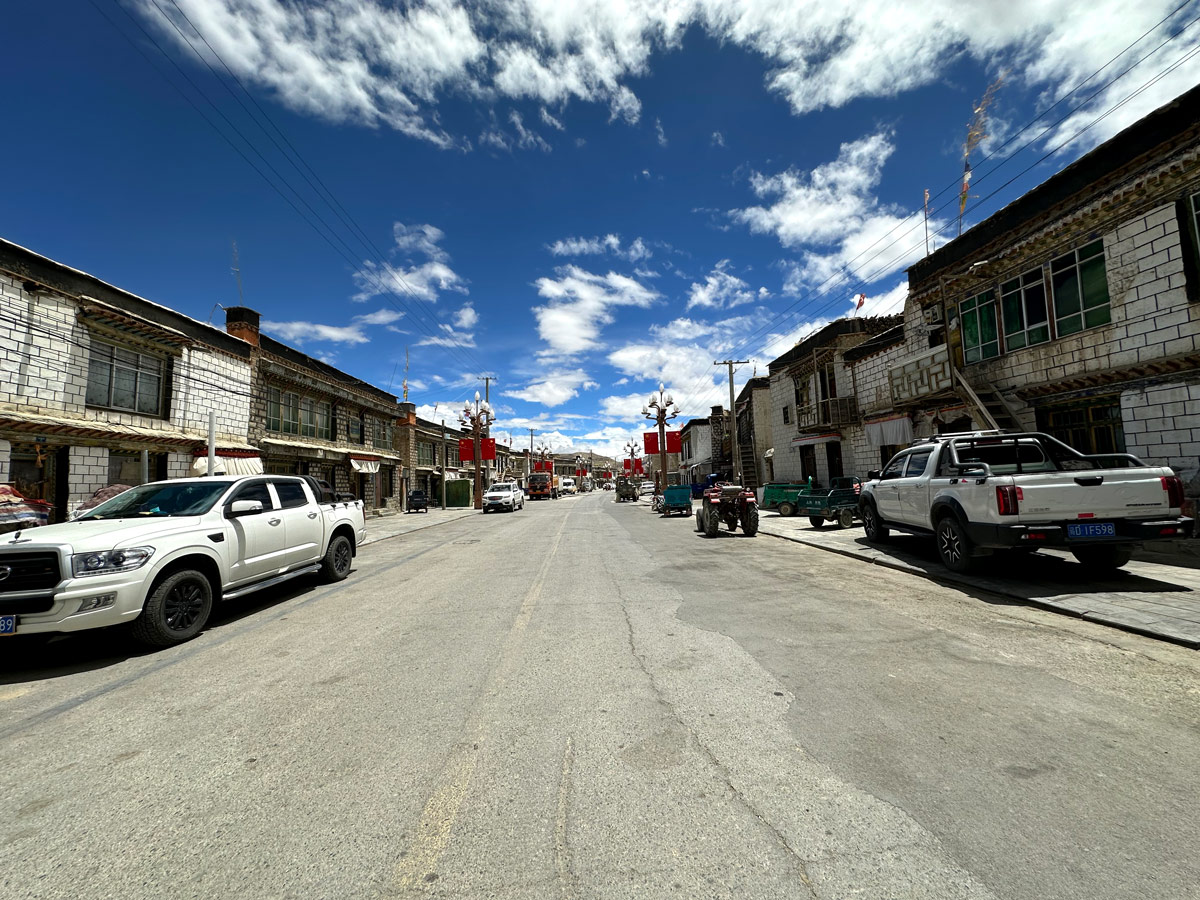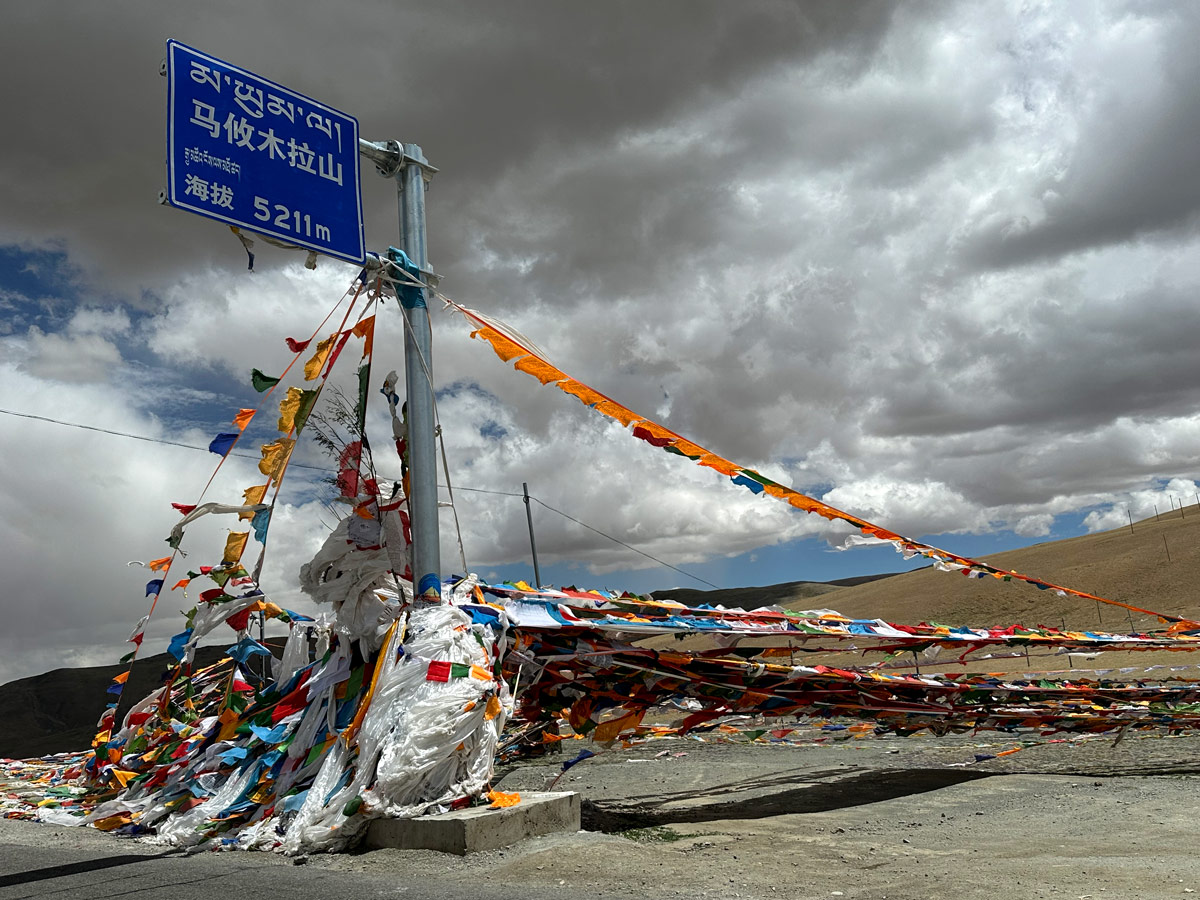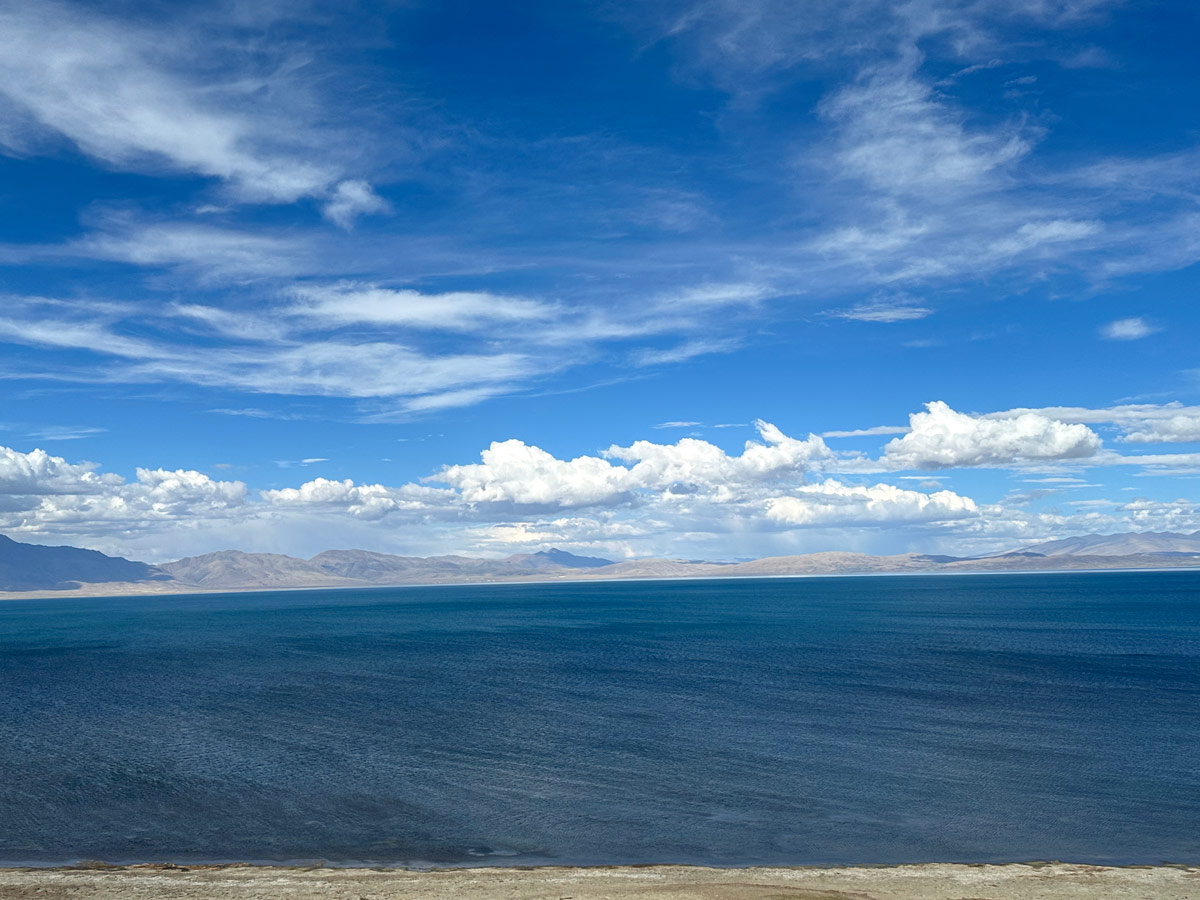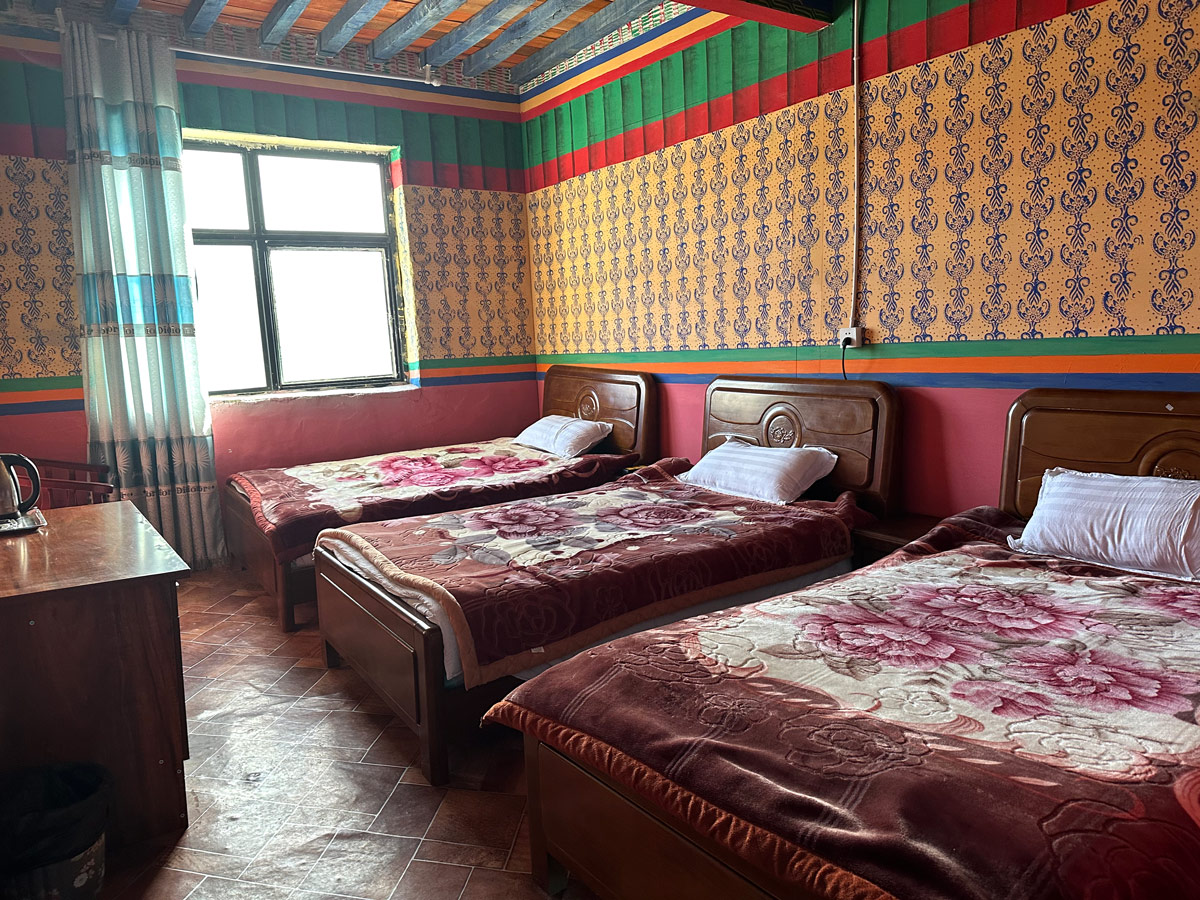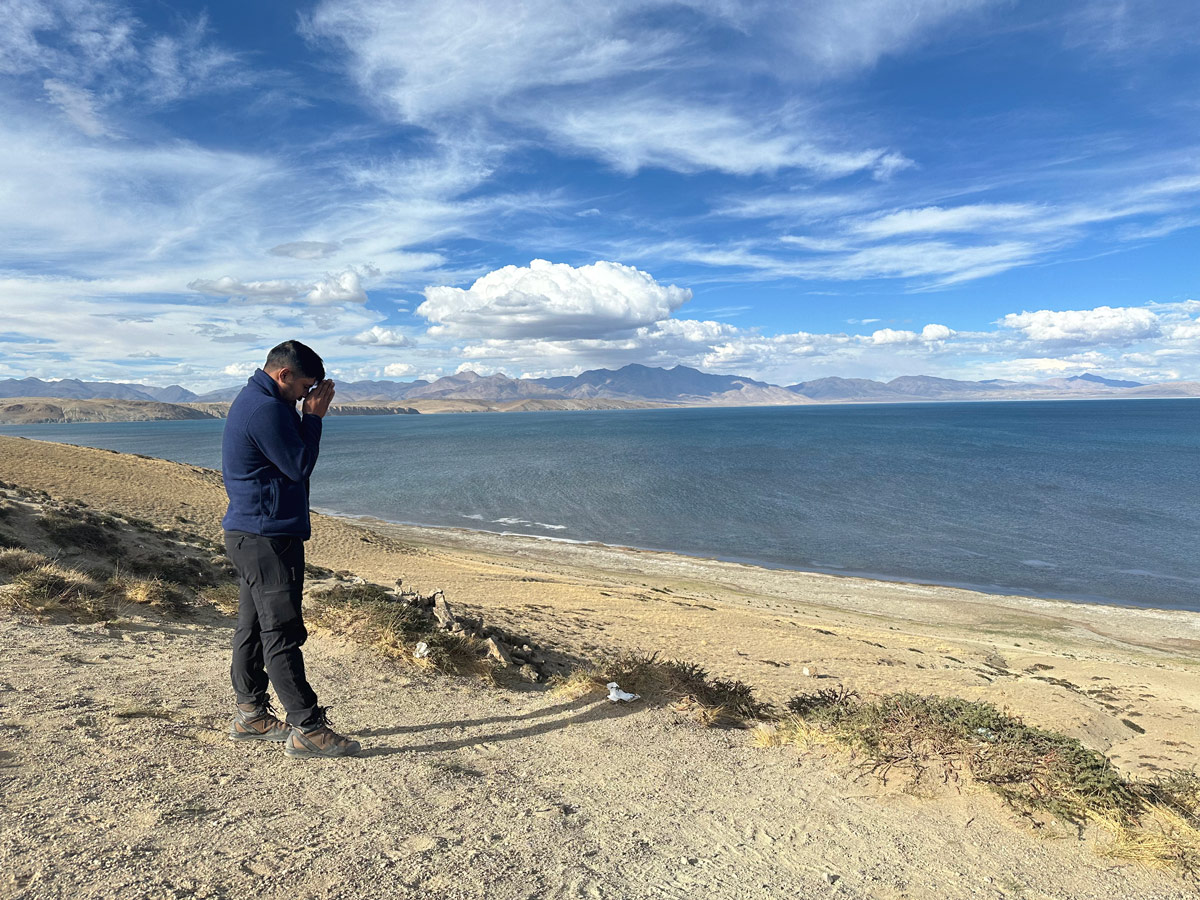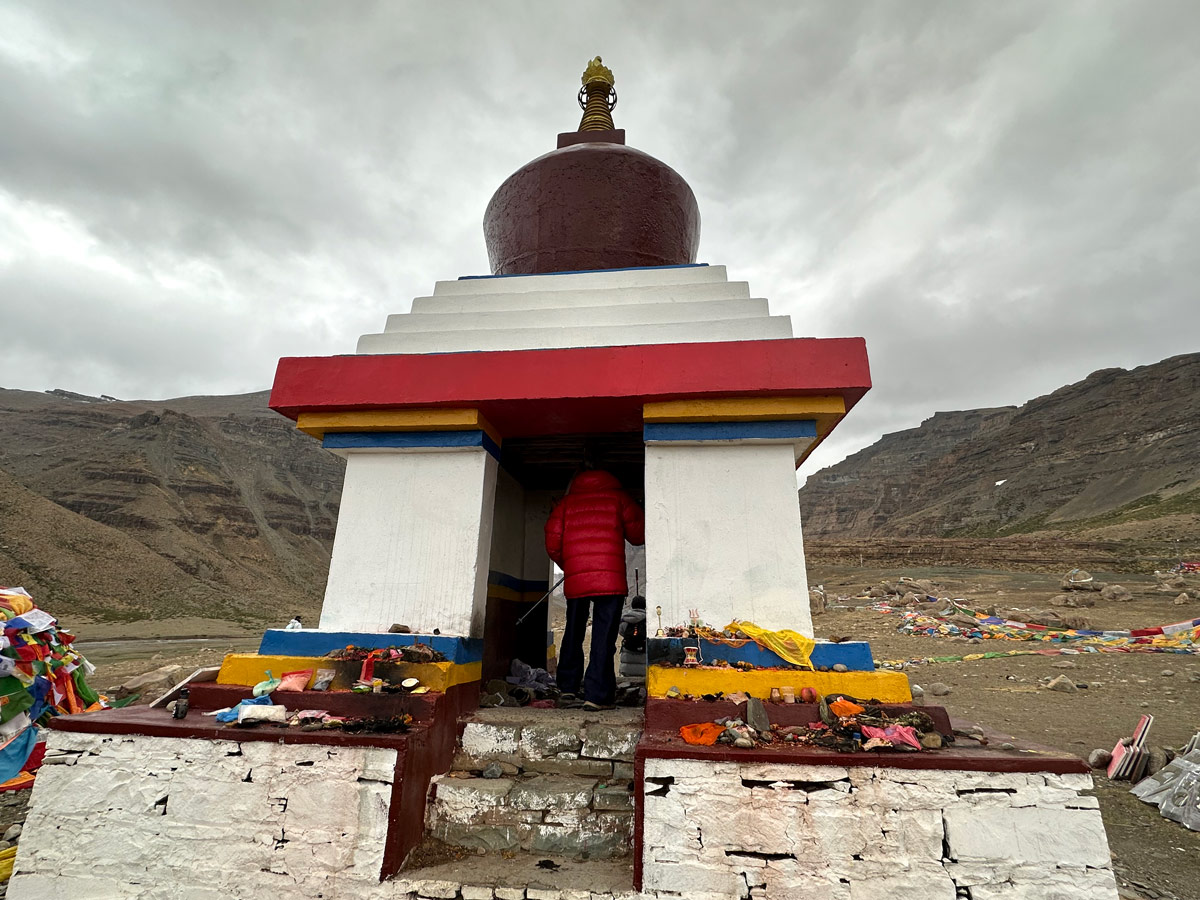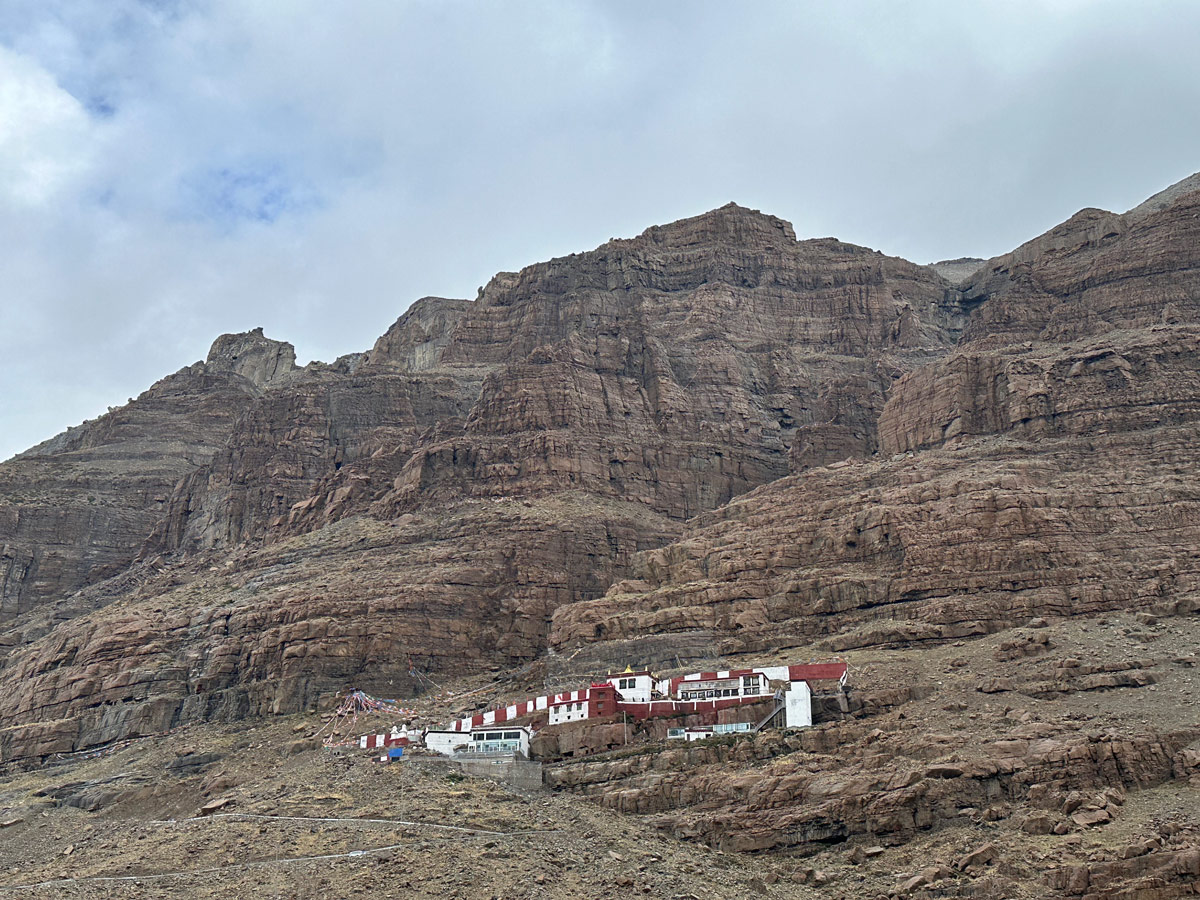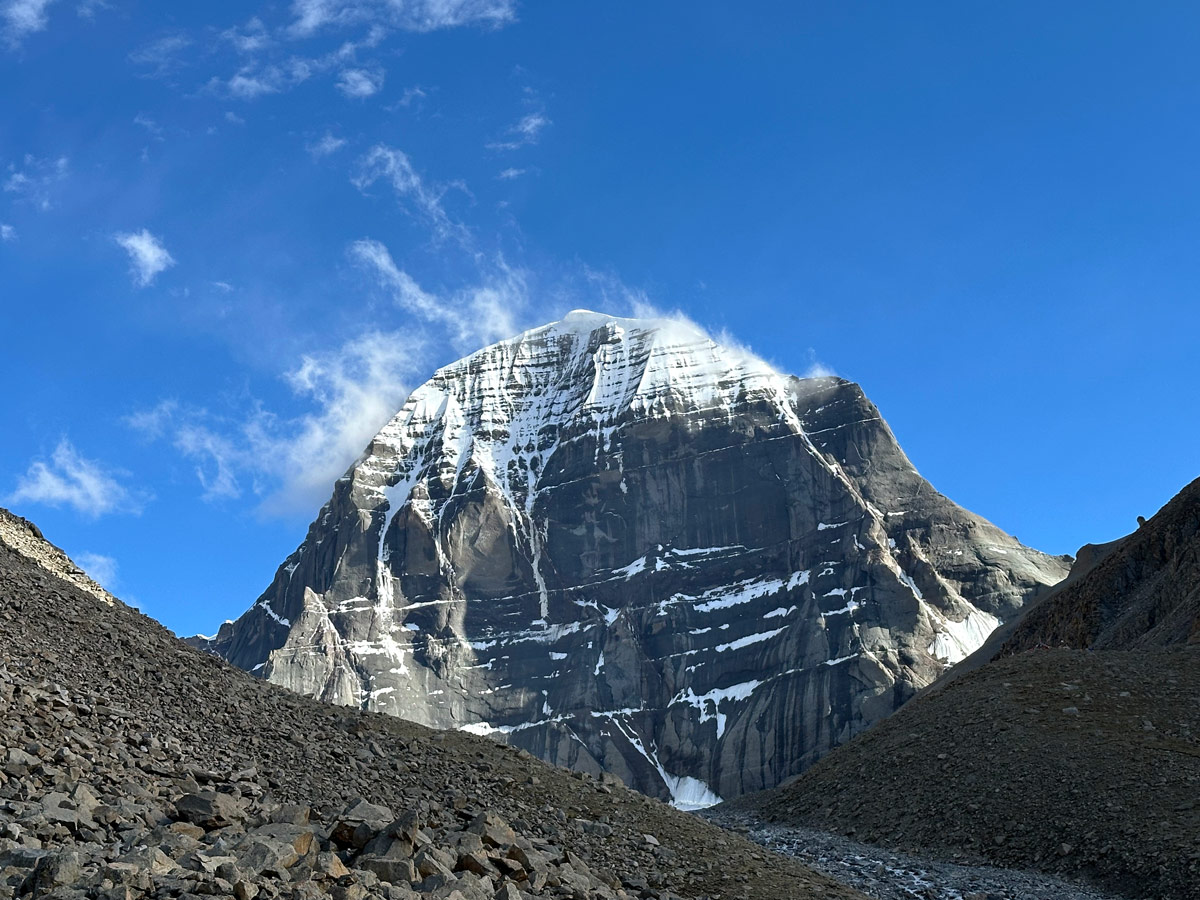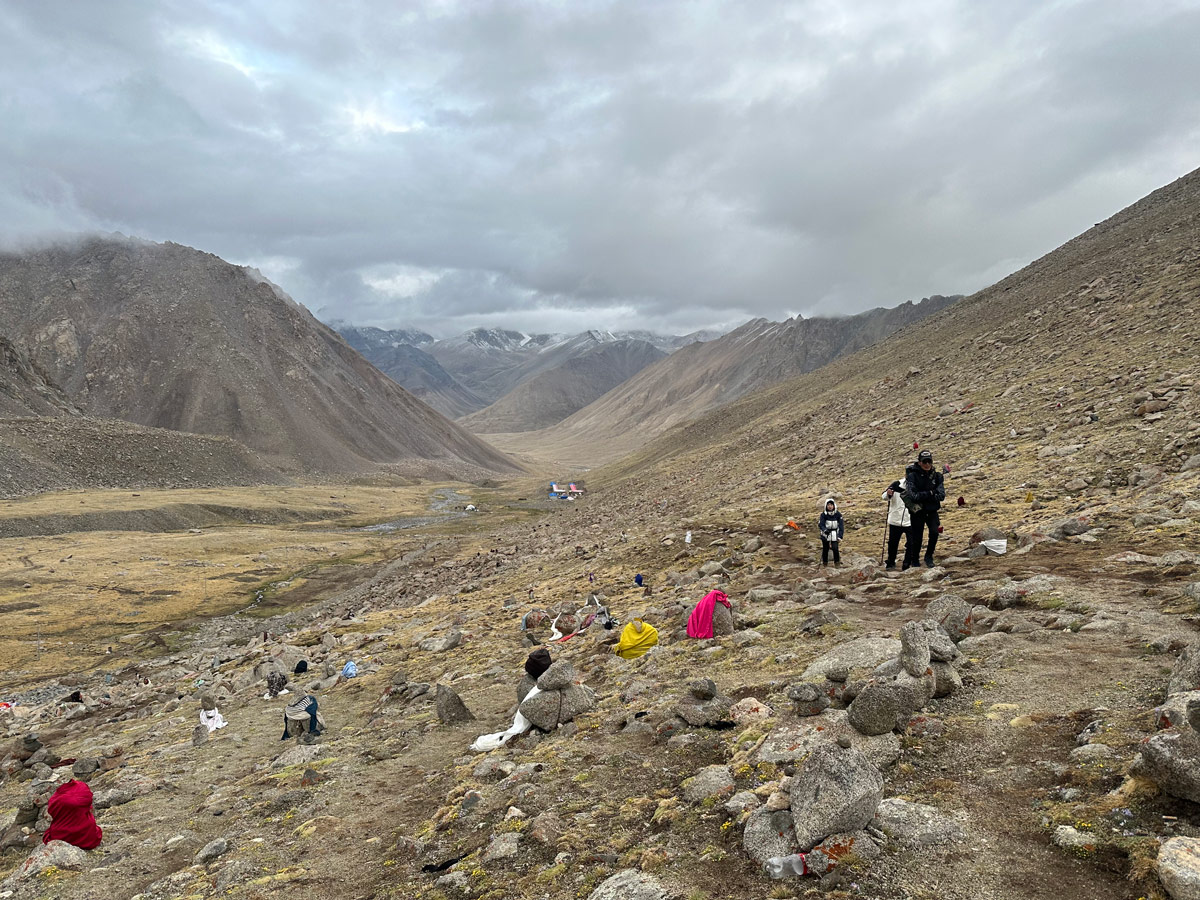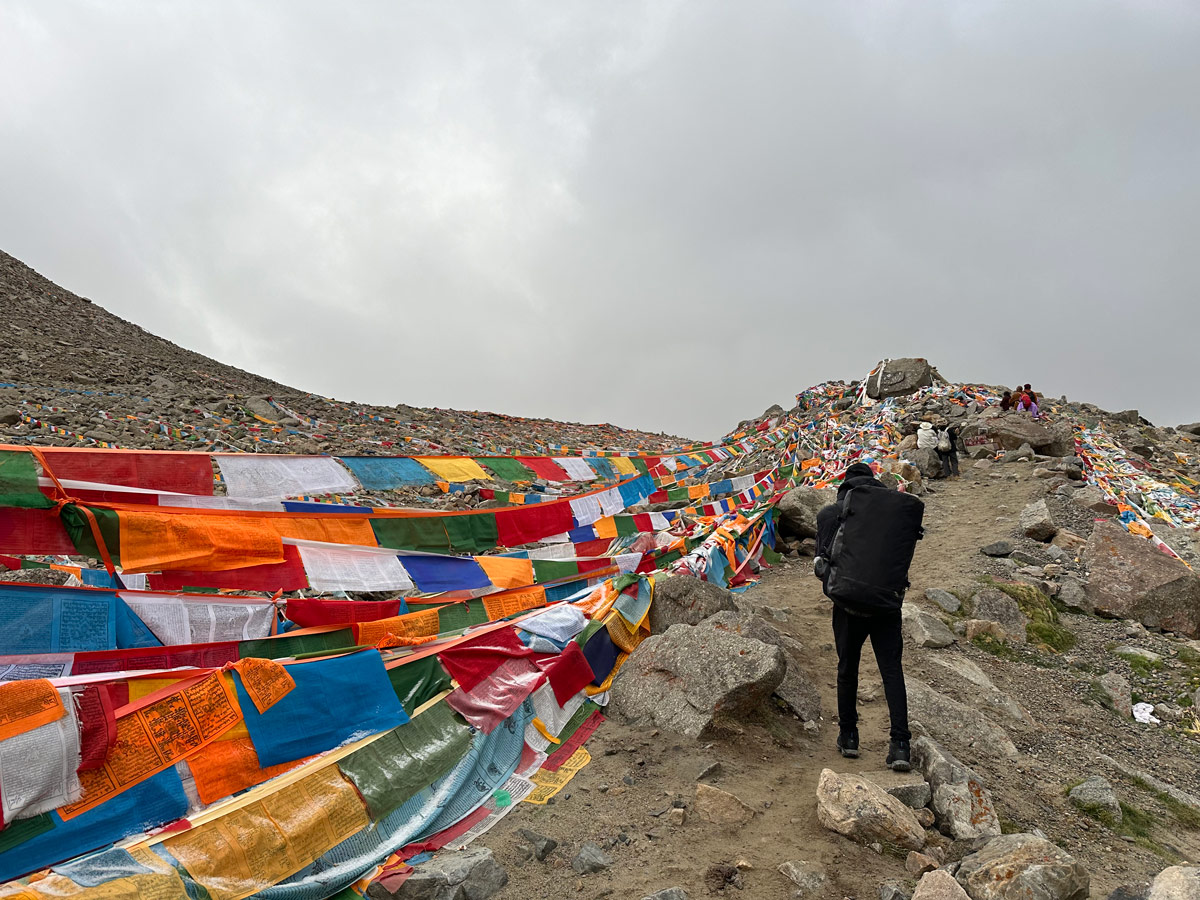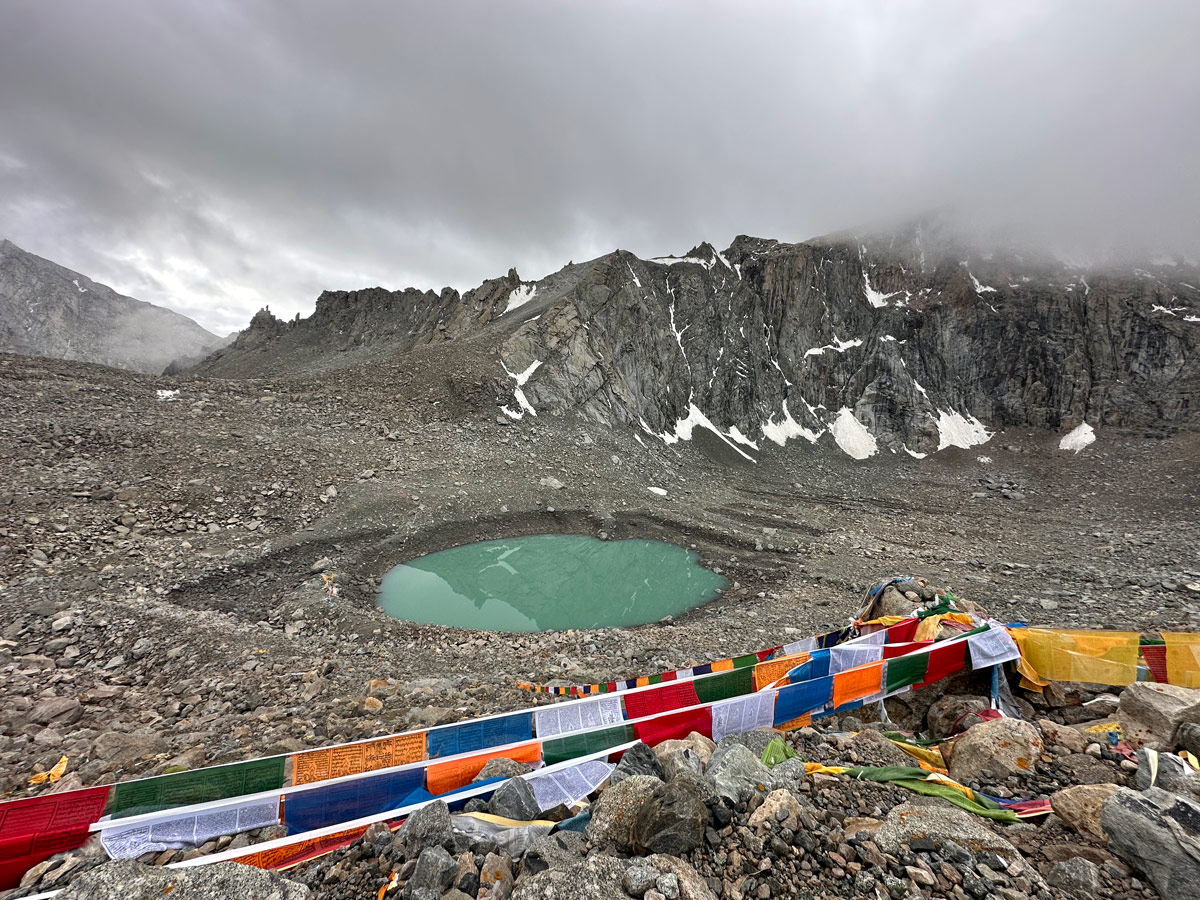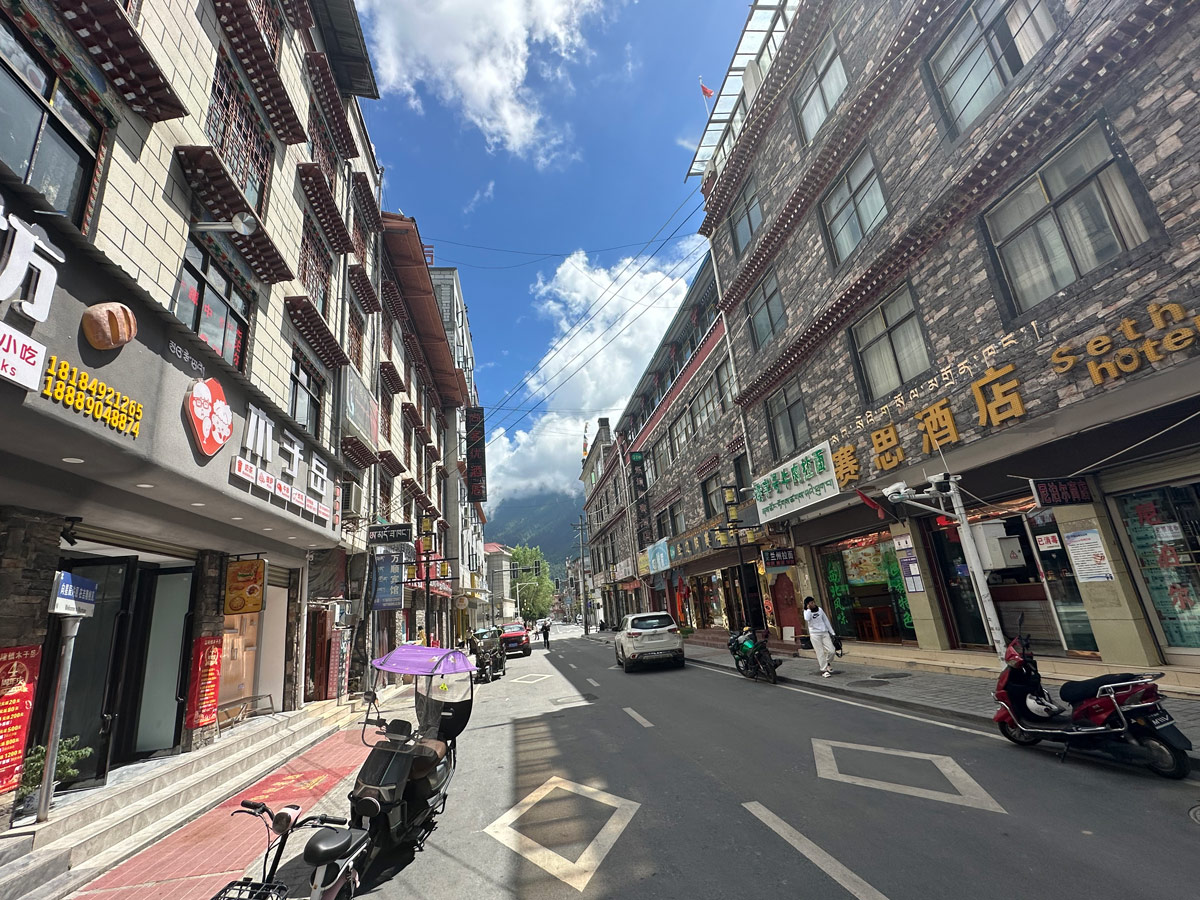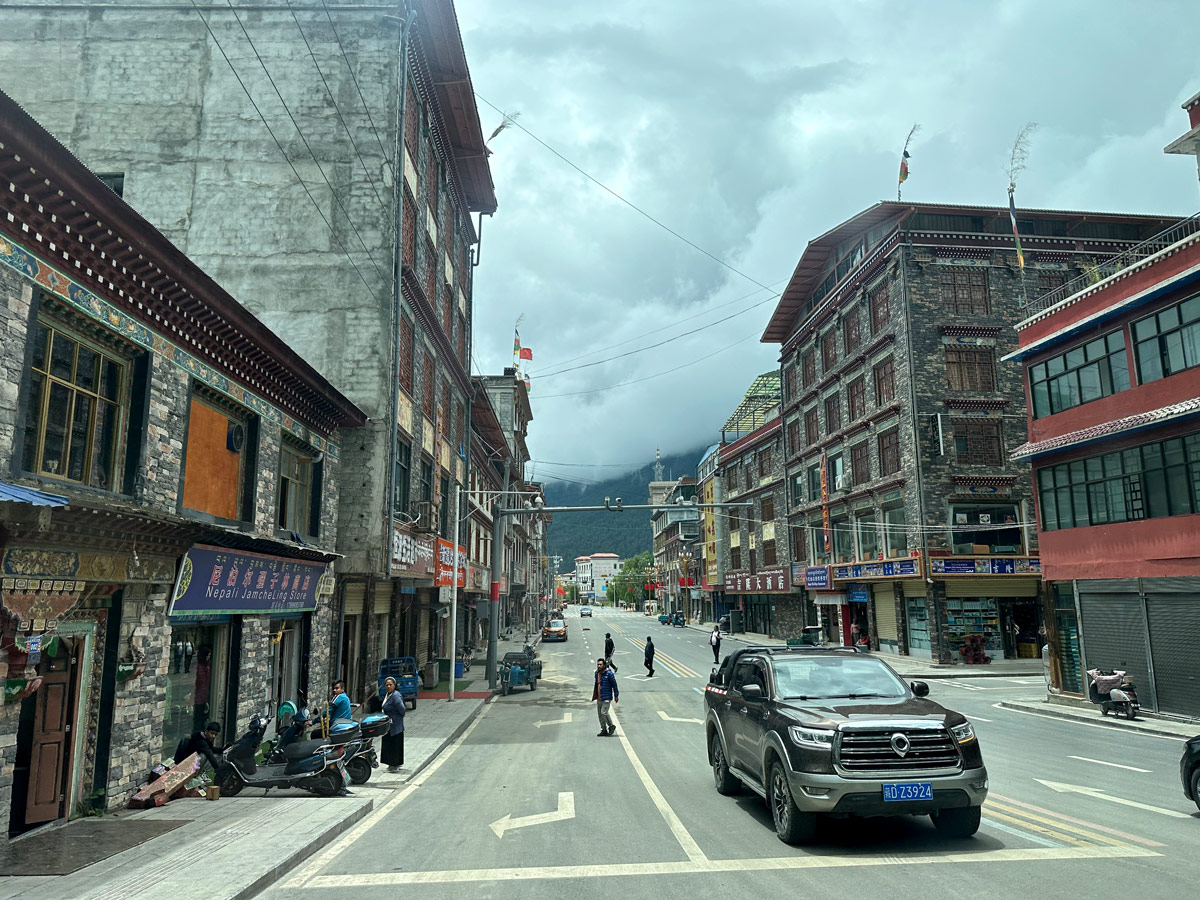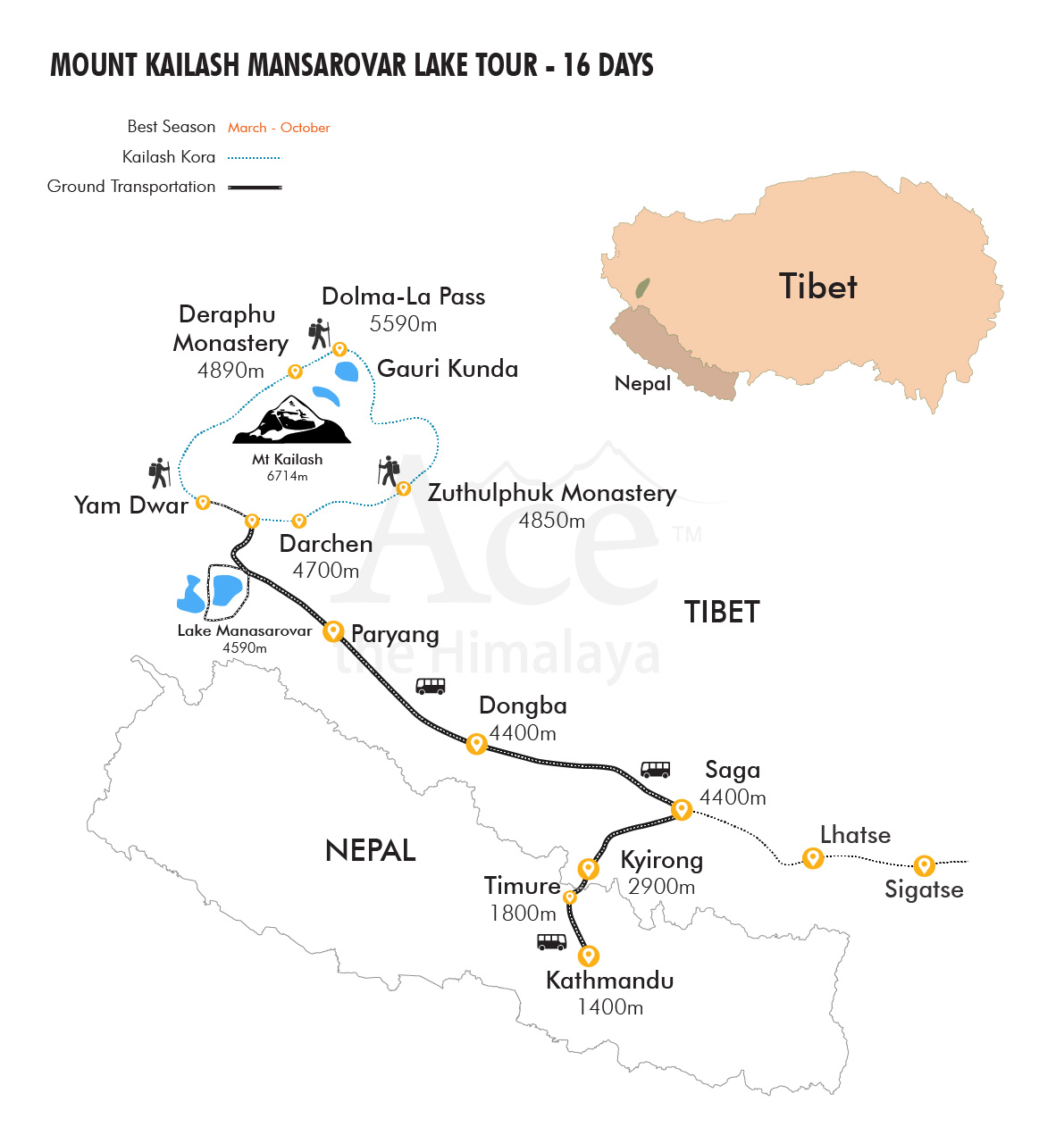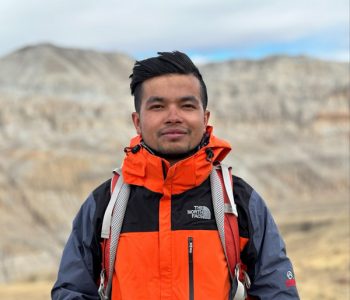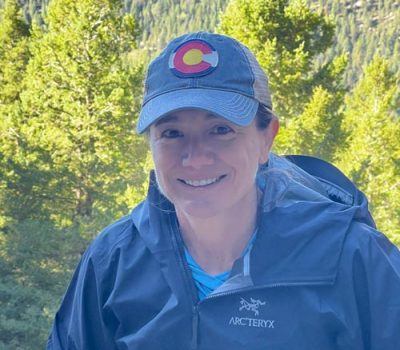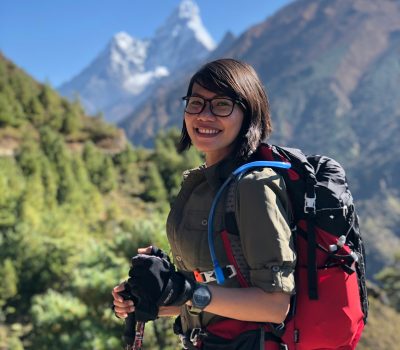Kailash Mansarovar Yatra - 16 Days
| No. of people | Price per person |
|---|---|
| 4-6 | USD 3,400 |
| 7-12 | USD 3,200 |
| 13-20 | USD 3,000 |
| 20+ | USD 2,850 |
The Kailash Mansarovar Yatra offers a profound pilgrimage to Mount Kailash and Lake Mansarovar, where spirituality meets stunning scenery.
Kailash Mansarovar Tour Highlights
- Explore the vibrant culture of Kathmandu with a city tour.
- Enjoy a scenic drive from Kathmandu to Tibet, through Kyirong,
- Visit the sacred Lake Mansarovar and take a holy bath in the lake.
- Embark on the Mt. Kailash Parikrama (circuit) around Kailash Parvat.
- Pray to Mount Kailash up close, experiencing its sacred aura.
- Visit the mythical Gauri Kund, a sacred mountain lake.
- Explore Chiu Monastery overlooking Lake Mansarovar.
- Witness the rich spiritual atmosphere of Dirapuk Monastery.
- Experience the lifestyle of local Tibetan villages and the Tibetan culture.
- Cross over the Dolma La Pass, towering at over 5,600 meters.
Kailash Mansarovar Yatra Overview
Embark on a transformative pilgrimage to Kailash Mansarovar Yatra, two of Tibet’s most sacred spiritual destinations.
Rising to an awe-inspiring height of 6,714 meters, Mount Kailash, also known as Kailash Parvat, Tise, or Kang Rinpoche (Jewel of the Snows), is a beacon for pilgrims and adventure seekers alike.
This sacred peak holds profound significance across multiple religions, symbolizing the axis of both the physical and metaphysical universe.
For Hindus, Mount Kailash is the sacred abode of Lord Shiva, the deity of destruction and transformation. A pilgrimage to this divine mountain is believed to purify the soul and bestow ultimate liberation.
Buddhists view Mount Kailash as a terrestrial representation of the cosmic Mandala, inhabited by the Dhyani Buddhas and Bodhisattvas, making it a potent symbol of enlightenment and spiritual ascent.
The nearby Lake Mansarovar, with its pristine turquoise waters, complements the mystical allure of Mount Kailash. It is a central feature of this sacred journey, enhancing the pilgrimage experience with its serene beauty.
Our meticulously crafted Kailash Mansarovar tour offers an immersive adventure through the remote and rugged terrains of Western Tibet with altitudes ranging from 2,745 meters to 5,600 meters.
Experience an invigorating trek, and overland drive, as you connect deeply with nature and the spiritual essence of the region, each step of the journey bringing you closer to the heart of Mount Kailash.
The Kailash Mansarovar Yatra begins with a scenic drive to Timure, followed by a journey through the stunning Tibetan landscape, including stops at Kyirong and Saga.
The highlight is the pilgrimage to Lake Mansarovar and the challenging trek around Mount Kailash, also called the Kailash Parikrama (also known as Kora) crossing the high-altitude Dolma La Pass at 5,600 meters.
Timing your visit during May allows you to witness the vibrant Saga Dawa festival, which celebrates the birth, enlightenment, and parinirvana of Gautama Buddha.
Embark on the Kailash Mansarovar Yatra today and be captivated by the breathtaking landscapes, ancient traditions, and the profound connections forged with fellow pilgrims and adventurers alike.
Let the divine energy of Mount Kailash and Lake Mansarovar inspire and elevate your spiritual journey.
Short Itinerary
Arrival at the Tribhuvan International Airport in Kathmandu (1,400 m / 4,593 ft). Overnight at a 3-star hotel.
Document preparation for Tibet visa application. Guided sightseeing in Pharping, Dakshinkali Temple and Gorakhnath Cave. Overnight at 3-star a hotel.
Biometrics for Tibet visa application. Guided sightseeing in Pashupatinath, Boudhanath, and Budhanilkantha Temple. Overnight at a 3-star hotel.
Collection of passport and Tibet visa. Leisure day in Kathmandu. Overnight at a 3-star hotel.
Free day for trip preparation, pre-trip meeting at your hotel lobby or ACE office and last-minute shopping. Overnight at a 3-star hotel.
Drive from Kathmandu to Timure (1,800 m / 5,906 ft) via Syabrubesi – 6 to 8 hours. Overnight at a guesthouse.
Drive from Timure to Rasuwagadhi (1,950 m / 6,398 ft) for immigration formalities, then continue to Kyirong (2,900 m / 9,514 ft) – 1 to 2 hours. Overnight at a 3-star hotel.
Drive from Kyirong to Saga (4,400 m / 14,436 ft) via Kyirong High Pass, Peiku Tso Lake, and Brahmaputra River – 4 to 5 hours. Overnight at a 3-star hotel.
Drive from Saga to Chiu Gompa (4,600 m / 15,092 ft) via Mayum-La High Pass and around Lake Mansarovar – 9 to 10 hours. Overnight at a guesthouse.
Holy bath and puja at Lake Mansarovar. Drive to Darchen (4,700 m / 15,420 ft) – 1 to 2 hours. Free time for shopping and acclimatization. Overnight at a 3-star hotel.
Drive to Yama Dwar and Trek from Yama Dwar to Diraphuk (4,950 m / 16,240 ft) – 5 to 6 hours. Overnight at a guesthouse.
Trek from Diraphuk to Zuthulphuk (4,850 m / 15,912 ft) via Dolma La Pass (5,600 m / 18,373 ft) and Gauri Kunda – 9 to 10 hours. Overnight at a guesthouse.
Trek to Darchen and drive to Dongba (4,400 m / 14,436 ft) or Saga (4,400 m / 14,436 ft) – 8 to 9 hours. Overnight at a guesthouse.
Drive from Dongba or Saga to Kyirong – 6 to 7 hours. Overnight at a guesthouse.
Drive from Kyirong to Kathmandu via Rasuwagadhi border, completing immigration formalities – 8 hours. Enjoy a farewell dinner and overnight at a 3-star hotel in Kathmandu.
Transfer to Tribhuvan International Airport for departure flight.
 Trip Note
Trip Note
Tourists entering Tibet from Nepal must first form a group to obtain a Chinese Group Visa also called the Tibetan Group Tourist Visa as well as a Tibetan Travel Permit, issued by the Chinese Embassy in Nepal. This visa is only granted to groups consisting of at least four people.
Due to these new rules imposed by the Chinese Embassy regarding visa formalities, guests must arrive in Kathmandu a week before on Sunday (the preferred suitable day). This allows us to apply for the visa on Monday, obtain the visa by Thursday or Friday, and then continue the tour the next day.
The above package offer will remain valid for the year 2025 based on the current rates by FEC/TTB and Nepal Operational Costs. If there are any significant changes in the Chinese FEC/TTB rates or any major differences in operational costs in Nepal in the future for any reason, the above cost will be revised, and new rates will be applied accordingly.
Kailash Mansarovar Yatra Departures 2024/2025
Please note that a minimum group size of 4 participants is required to operate this Kailash Mansarovar Yatra, as the Tibet Travel Permit is issued only to groups with at least 4 people. Choose a date from the calendar to reserve your spot. If you cannot find a suitable date, please contact us for assistance.
| No. of people | Price per person |
|---|---|
| 4-6 | USD 3,400 |
| 7-12 | USD 3,200 |
| 13-20 | USD 3,000 |
| 20+ | USD 2,850 |
Please note that a minimum group size of 4 participants is required to operate this Kailash Mansarovar Yatra, as the Tibet Travel Permit is issued only to groups with at least 4 people. Choose a date from the calendar to reserve your spot. If you cannot find a suitable date, please contact us for assistance.
| No. of people | Price per person |
|---|---|
| 4-6 | USD 3,400 |
| 7-12 | USD 3,200 |
| 13-20 | USD 3,000 |
| 20+ | USD 2,850 |
Looking for personalized experience? We organize privately guided journey which is mainly designed to fit your taste and interest. Please fill out the form below to get started.
Kailash Yatra Package Includes
All necessary transfers in Kathmandu (arrival / departure)
6 nights’ accommodation in a 3-star hotel in Kathmandu on twin/triple sharing with breakfast (Single Supplement can be arranged at an additional cost)
1-night accommodation (twin / triple room) in Timure in guesthouse
2-nights’ accommodation at a 3-star hotel (twin/double bed sharing room) in Kyirong with attached toilet/bathroom
3-star hotel (twin/double bed sharing room) in Saga & in Darchen with attached toilet/bathroom
Basic tourist guesthouse (clean dormitory room) in Manasarovar, Diraphuk & in Zuthulphuk
Ace the Himalaya’s licensed English-speaking Tour guide for Nepal and Tibet
Sightseeing tour in Nepal as mentioned in the itinerary
Entry permits and fees for all temples, parks, monasteries, and cultural and historical sites
All ground transportation for Nepal by air conditioned Nepali tourist vehicle
All necessary Tibet travel permit including Parikrama of Kailash & Mansarovar
Tibet group visa and visa assistance fee
Special entry permit and fees (Kailash & Mansarovar)
All vegetarian meals in Tibet (breakfast, lunch & dinner) with hot drinks – tea, coffee etc.
Transportation in Tibet by deluxe air condition bus & supporting truck to carry logistics
English Speaking local Tibetan Guides while in Tibet
Necessary supporting crew (Tour Manager & Sherpa staffs)
Medical kit bag & oxygen for emergency use during the tour
Free Gifts – Ace the Himalaya’s duffle/kit bag, trip map, buff (neck gaiter), sun hat and trip completion certificate.
A farewell dinner on the last night in Nepal at traditional Nepali restaurant with cultural dance
Complimentary use of Down Jacket and Sleeping Bag (returnable after completing the tour )
Price Excludes
International air ticket to Kathmandu & return
Meals (lunch and dinner) in Kathmandu – one farewell dinner is included
Nepal entry visa fee for NRIs
Travel insurance for loss of baggage, flight delay, cancelation, emergency rescue & evacuation expenses
All personal nature expenses, Bottled drinks (juice, alcoholic drinks, beverages, etc)
Asthapad Darshan (this is restricted region by Chinese Govt. in past, if permitted in future will be arrange on additional cost payable directly to guide for entry permit & jeep)
Personal riding Pony & Porter to carry your bagpack during the Kailash Kora (Approx. 3,600 Yuan)
Tips for Nepali tour leader, Tibetan guide, Sherpa staffs & drivers (Tipping is expected)
Extra cost for accommodation, meals, visa splitting charge, transfers, hospital expenses, flight changes in case of early return from Kailash
Any additional expenses cost due to natural calamity, rescue, political unrest and unforeseen circumstances
Kailash Mansarovar Yatra Itinerary
Expand AllDay 01: Arrival in Kathmandu
Upon your arrival at Tribhuvan International Airport in Kathmandu, one of our representatives, holding an “Ace the Himalaya” signboard, will warmly greet you. You’ll then be transferred to your hotel in a private tourist vehicle. This first day is dedicated to settling in and relaxing after your journey.
You can explore the hotel facilities or take a short walk around the bustling streets of Thamel, a popular tourist district known for its vibrant shops, cafes, and restaurants.
Day 02: Document Preparation and Sightseeing
Today, we complete the necessary paperwork for your Tibet visa application. After the formalities, we embark on a guided sightseeing tour.
We start with a visit to Pharping, an important Buddhist pilgrimage site with several monasteries and meditation caves. Next, we visit the Dakshinkali Temple, where locals worship the goddess, Kali.
Our final stop is Gorakhnath Cave, which holds religious significance for both Hindus and Buddhists. This tour offers a deep insight into Nepal’s rich spiritual heritage.
Day 03: Biometrics for Visa processing and Sightseeing
In the morning, you will attend your biometric appointment for the Tibet visa application.
Later, we continue our cultural exploration with guided visits to Pashupatinath Temple, one of the holiest Hindu temples dedicated to Lord Shiva, then to the biggest Buddhist stupa, Bouddhanath.
We then proceed to Budhanilkantha Temple, which houses an impressive stone statue of Lord Vishnu lying on a bed of serpents. These sites offer a fascinating glimpse into Nepal’s religious practices.
Day 04: Visa Collection and Leisure Day
Today, we collect your passport with the Tibet visa. The rest of the day is at your leisure, providing an opportunity to explore Kathmandu at your own pace.
You might visit local markets like Asan Bazaar, where you can shop for spices, textiles, and souvenirs, or visit the Garden of Dreams, a serene and beautifully landscaped garden in the heart of the city.
You can also opt for an optional guided tour to visit additional UNESCO World Heritage sites in Kathmandu Valley.
Day 05: Free Day and Pre-Trip Meeting
This day is reserved for final Kailash Yatra preparations. In the afternoon, you will have a pre-trip meeting at your hotel lobby or the ACE office to go over last-minute details, meet your guides, and ask any remaining questions.
Use any remaining time to complete your packing and do any last-minute shopping in Thamel, known for its trekking gear shops, souvenir stores, and lively atmosphere.
Day 06: Drive to Timure
We begin our trip to Kailash with a scenic drive from Kathmandu to Timure, which takes approximately 6 to 8 hours.
This drive offers stunning views of the Trishuli River and the surrounding landscapes. Along the way, we pass through Syabrubesi and other charming villages and terraced fields, providing a glimpse into the rural life of Nepal.
Day 07: Drive to Kyirong via Rasuwagadhi
From Timure, we drive to Rasuwagadhi for immigration formalities. After completing the border procedures, we continue our journey to Kyirong.
The drive introduces us to the beautiful Tibetan landscape. Once in Kyirong, you have time to acclimatize and explore the local area, getting a taste of Tibetan culture and hospitality.
Day 08: Drive to Saga via Kyirong High Pass
Today, we embark on a drive from Kyirong to Saga. The route passes through Kyirong High Pass, offering breathtaking views of the Himalayas, including Gaurishankar, Shishapangma, and Langtang Himal.
We also pass by Peiku Tso Lake and the Brahmaputra River (Yarlung Tsangpo in Tibetan), making for a scenic and memorable journey. En route, we witness the nomadic lifestyle of Tibetans and see herds of yaks and sheep.
Day 09: Drive to Chiu Gompa via Lake Mansarovar
We drive from Saga to Chiu Gompa, passing through Mayum-La High Pass (5,211 m/17,096 ft). Along the way, we see the tranquil Lake Mansarovar, a significant pilgrimage site, and the historic Chiu Monastery on its northwestern shore.
This area offers a first glimpse of the majestic Mount Kailash. We also pass through small Tibetan settlements and have the chance to interact with locals.
Day 10: Holy Bath and Puja at Lake Mansarovar, then drive to Darchen
This morning, we perform a holy bath and puja at Lake Mansarovar, a sacred pilgrimage site for Hindus and Buddhists.
The serene environment and crystal-clear waters of the lake provide a perfect setting for spiritual activities.
After the rituals, we drive to Darchen, the base camp for the Mount Kailash Parikrama (Kailash Kora). The afternoon is free for acclimatization and shopping in Darchen, where you can purchase any last-minute supplies for the trek.
Day 11: Drive to Yama Dwar and trek from Yama Dwar to Diraphuk
We drive to Yama Dwar, the starting point of our Kailash Parikrama, and begin our hike to Diraphuk. The trek leads us through stunning rocky cliffs, past waterfalls, and across high-altitude terrain.
The trail offers magnificent views of Mount Kailash and the surrounding landscape. We take our time to adjust to the altitude and appreciate the serene environment.
Day 12: Trek to Zuthulphuk via Dolma La Pass
Today is the most challenging part of the trek as we hike from Diraphuk to Zuthulphuk, crossing the Dolma La Pass.
This trek is spiritually significant, and the pass is adorned with prayer flags and offerings.
We also visit Gauri Kunda, a sacred lake associated with the Hindu goddess Parvati. The descent to Zuthulphuk is steep and requires careful navigation.
Day 13: Drive to Saga
We complete the final leg of the trek to Darchen and then drive to either Dongba or Saga, marking the end of the Mount Kailash Parikrama.
This drive offers a chance to reflect on the journey and enjoy the stunning Tibetan landscapes.
Day 14: Drive to Kyirong
We drive from Dongba or Saga back to Kyirong, retracing our steps through the scenic Tibetan landscape. Along the way, we may stop at interesting points for photography and brief explorations.
Day 15: Return to Kathmandu
From Kyirong, we drive to the Rasuwagadhi border, complete the immigration formalities, and then continue our journey to Kathmandu.
Upon arrival in Kathmandu, we will enjoy a farewell dinner, celebrating the completion of our incredible journey.
Day 16: Transfer to the International Airport for your Final Departure
On your final day, you will be transferred to Tribhuvan International Airport for your departure flight, marking the end of your incredible journey.
Spend any remaining time reflecting on the experiences and memories made during this spiritual and adventurous pilgrimage.
Packing List for Mount Kailash Tour
All you need to bring for this Tour is simply some comfortable clothes; there is not any requirement of special equipment on the tour. However, for your ease, the following gives you the general idea. We provide a 75-liter duffel bag for you to use for the tour.
This will be transferred by the truck. It will be given to you during your pre-trip meeting in Kathmandu. The duffle bag is yours to keep.
Personal belongings like money, water bottle, camera, sunscreen, toilet paper etc. should be packed in your day pack and should be always with you. I Here is a list of what you might want to pack for the Kailash Mansarovar trip.
General
- 4 seasons Sleeping bag (provided for complimentary use for the duration of the trip)
- Duffel or Rucksack bag or suitcase (Free Ace duffle bag provided)
- Daypack (35-45 liters recommended) with rain cover
- Down Jacket (provided for complimentary use for the duration of the trip)
Upper Body
- Sun hat or cap (We’ll provide you with a free Ace the Himalaya baseball cap.)
- Knitted hat/Beanie
- Scarf/Neck Gaiter/Buff (highly recommended)
- Headlamp
- Sunglasses
- Balaclava – lightweight, thinner variety.
Hand
- 1 pair liner gloves, thin wool or synthetic
- 1 pair warm gloves (heavier fleece or wool).
- 1 pair shell gloves or mitts
- Instant hand warmers are always nice in a pinch
Core Body
- T-shirts (2).
- Light and expedition weight thermal tops.
- Fleece jacket or pullover.
- Fleece Wind-Stopper jacket (optional).
- Waterproof (preferably breathable fabric) shell jacket.
Lower Body
- Technical fabric base layer (light for warmer months, heavy for colder months)
- Hiking pants (2)
- Waterproof, windproof shell
- 1 pair cotton pants (loose jeans/khakis) for drive
Feet
- Wool or technical fabric warm socks
- Hiking socks
- Liner socks (optional such as silk)
- Trekking/hiking boots (waterproof recommended)
- Casual shoes
- Sandals-Söippers
- Gaiters (lightweight for dust or heavy for snow in colder months)
Undergarments
Note: The quantity of each article of clothing can be adjusted to suit the preferences of each participant.
- Technical fabric/quick drying is best for underwear (opportunities to launder during the trip)
- Sports bras (women)
- Pajamas or sleeping clothes
Medicines and First Aid Kits
(Note: Guides carry medications and first aid kits during the trip. However, personal kits and medications are highly recommended.)
- Sunscreen
- Lip balm
- Ointment
- Cough Syrup (recommend to avoid the Cough)
- Mosquito repellent cream (for Kathmandu and Timure)
Other Essentials
- Passport
- Extra copies of passport-sized photos
- Reusable water bottle
- Toiletry kits
- Water purification tablets or UV water purifier (if you plan to treat water yourself)
- Hydration bladder
- Towel
- Pillowcase
- Toilet paper (2 rolls but you can purchase this from the hotel, guesthouses too)
- High protein snacks (such as protein bars or nuts)
- Waterproof/dry bags for carrying important documents and money
- Airline tickets (Please leave a copy at our office in Kathmandu. This can be useful if there is a change in the date of the flight.)
Optional
- Power bank or extra batteries
- Cameras and mobile phone
- Cards/book
- Binoculars
- Pee bottle/ pee funnel for women
- Trekking poles
- Whistle
- Thermos for hot water
This list is only a guide. While you are required to bring everything on this list, there are numerous options, brands, and versions of each piece of equipment. Use your experience and the listed features to find the best gear for you.
Once you are in Nepal, you have the option to purchase supplies and gear for hiking if you have spare time. Our guide will assist you in buying the equipment. Thamel, which is Kathmandu’s tourist hub, offers a wide range of trekking equipment at affordable prices.
Trip Video
FAQs for Kailash Mansarovar Yatra
General
Is there a minimum and a maximum number for your groups?
The Tibetan Group Tourist Visa, issued by the Chinese Embassy in Nepal is only granted to groups consisting of at least four people. Hence, our groups consist of minimum four people for all Tibet trips. The maximum number of travelers for private trips can vary as per travelers’ group size.
How far in advance should I book my Mount Kailash tour?
It is recommended to book your Mount Kailash tour at least 30 days in advance from the departure day to ensure all necessary arrangements and permits are secured.
Is Ace the Himalaya's staff insured?
Yes, our company insures all our staff members, including guides, cooks, Sherpa, and porters. Please browse through our legal document page to view insurance details.
How do you allocate guides for Kailash Tour groups?
Guides for the Kailash Tour are allocated based on group size as follows:
For group of up to 9 participants, a Tibetan guide will lead the tour.
For group of 10 participants, a Nepali guide will also join from Kathmandu for coordination, in addition to the Tibetan guide.
For group larger than 20 participants, both a local Nepali guide and a cook will accompany the group, alongside the Tibetan guide, to ensure smooth coordination and comfort.
Do your guides speak good English?
Yes, you will be accompanied by an experienced English-speaking Nepali guide while in Nepal. Once you enter Tibet, you will be guided by an experienced Tibetan guide who will not only act as an interpreter but also provide valuable insights into the Tibetan way of life.
Many Tibetan guides have different accent of English-speaking capacity due to their mother tongue and Tibetan language, which makes hard to understand while in the conversation with them. Hence, our travelers must consider these facts before you book for any trip to Tibet.
What immunizations will I need?
It is not mandatory but you can take some cold flu immunization as precaution. Typhoid vaccination is recommended but not required.
We suggest you have a dental checkup before your trip and know your blood type. It is helpful if you inform us of any medical condition that is relevant so we may convey this information in the event of an emergency. Ace the Himalaya keeps your medical condition confidential unless treatment is necessary.
I want to extend my holiday, any recommendations?
Yes, you can extend your holiday in Nepal and to Bhutan only but extending your trip duration in Tibet is not allowed by the authority. Ace the Himalaya offers many options and alternatives for your holiday extension. For more information, please visit our Trip Extension page
Physical Fitness
How fit do I need to be for this tour? Is this trip for me?
The Mt. Kailash and Lake Mansarovar Tour is suitable for the average traveler who is moderately fit, thus no previous experience is required. Some physical fitness programs such as running, swimming, hiking is recommended before you embark on this journey.
Persons suffering from a pre-existing medical condition must seek medical advice/consent before considering the trek. Whilst on the tour, it is common to experience some discomfort before being fully acclimatized to high altitudes.
Please note that while in KORA you will be trekking for minimum four to maximum nine hours at the altitude above 5000 meters.
Is there an age limit for the tour?
Tours in Tibet are prohibited for individuals aged 80 and above due to challenging conditions and potential health risks.
Individuals aged 70-79 are required to obtain proper medical certification from a doctor confirming they are fit to travel.
Payments and extra costs
Can I use credit cards in the places I visit?
No, credit cards are generally not accepted for international visitors. Visa cards are only allowed to be used by domestic tourists or locals.
What currency or card should I carry instead of a credit card?
Cash is the best option to carry instead of a credit card. Only Chinese Yuan is accepted in Tibet. It’s best to exchange your money for Chinese Yuan, which can be done in Kathmandu or at the border.
When exchanging money at local exchange centers in Kathmandu or at the border, please ensure you’re accompanied by your guide to avoid the risk of receiving counterfeit notes.
How much additional money do I need per day?
Your daily expenses will depend on your spending habits. In Nepal, USD 15 to 20 per day should be sufficient to cover lunch, dinner, bottled water, and other essentials.
In Tibet, all meals (breakfast, lunch, and dinner) are included in the tour price. However, there are many local shops selling traditional Tibetan handicrafts. We recommend bringing extra money, around USD 350 to 400 (approximately 2,800 to 3,200 CNY), for shopping and other personal expenses.
Do I need to tip my guide and porters? How much would that be?
Tipping is part of the local culture, and guides and porters expect it as a reward for their service. While not mandatory, it is appreciated. Typically, $10 to $20 per day per person is offered, reflecting your satisfaction and personal interaction with your guide.
Arrival and Visas
Will somebody come to pick me up at the Airport upon my arrival?
Yes, our airport representative will be there to greet you at the airport. S/he will be displaying an Ace the Himalaya sign-board. Upon arrival, you will be transferred to your hotel.
Do you handle Tibet visa and travelling permit?
Yes, we handle all procedures for the Tibet Visa and Travel Permit, with processing charges included in the trip price. Tourists entering Tibet from Nepal must form a group of at least four to obtain a Chinese Group Visa and a Tibetan Travel Permit, issued by the Chinese Embassy in Nepal.
Due to new regulations, guests should arrive in Kathmandu a week in advance, preferably on a Sunday. This allows us to apply for the visa on Monday, obtain it by Thursday or Friday, and continue the tour the next day.
Weather and Temperature
What is the best season for this tour?
The best time for the Mt. Kailash Tour is between April and October. The Kailash tour is usually avoided in peak winter season i.e. November to February
What is the weather and the temperature like during the tour?
Tibet climate is unexpected and drastically changes due to its geographical condition situated with a minimum elevation of 3500m high. You can find average low temperature keeping the climate chilled most of the time in whole year due to high elevation, low humidity and strong wind.
However, at present day, Tibet is also affected by the Global warming so you can feel hot temperature in a daytime during summer season. Whereas you will experience minus 10 to minus 20 degrees temperature in the night and 10-25 degree in the day.
Summer (June-August): 7 to 12 degrees in the night and 20 to 25 degrees in the day.
Autumn (Sept-Nov): 5 to -10 degrees in the night and 15 to 20 degrees in the day.
Winter (Dec-Feb): -10 to -20 degrees in the night and 10 to 15 degrees in the day.
Spring (March-May): 5 to -5 degrees in the night and 15-20 degrees in the day.
Accommodation
What sort of accommodation can I expect in Kathmandu and in the tour?
In Kathmandu, you’ll stay in standard rooms at 3-star hotels, with breakfast included.
In Timure, accommodations are in a basic guesthouse.
In Tibet, we use 3-star hotels in Kyirong and Saga, and guesthouses with attached bathrooms at Chiu Gompa. At Manasarovar, Diraphuk, and Zuthulphuk, the only available option is dormitory-style accommodation, with 3 to 8 beds per room.
Is the Single Room Supplement option available in Tibet?
Unfortunately, the single room supplement option is not available in Tibet
What sort of food can I expect in the tour?
All breakfast, lunch, and dinner during the trip are included in our package except in Kathmandu, where only breakfast at your hotel will be included.
While on the Kailash tour, expect to find predominantly local Tibetan cuisine in the mountain region, as international dishes are not typically available in hotels or restaurants. Your dining options will mainly consist of traditional Tibetan food, with few alternatives such as instant noodles or packaged snacks.
However, if you are group of 10 and above in the Kailash region, our company provides a dedicated kitchen and service team to ensure you feel at home. We offer a variety of delicious cuisines, including Indian, Continental, Nepali, and Chinese dishes.
Is the water fine to drink? Do I need to bring purifying tablets/filter?
Tap water throughout the trip is generally unsafe to drink directly. In Kathmandu, you can purchase bottled mineral water for the Nepal portion of your journey.
While in Tibet, our guide and staff will provide purified water free of charge. However, if you prefer bottled mineral water, it will be available at an additional cost, payable directly to the hotels and guesthouses.
Transportation and Flights
What mode of transportation do you use?
Ace the Himalaya is dedicated to offering you authentic local insights, cultural experiences, and thrilling adventures. We offer a range of deluxe and luxury vehicles to ensure a comfortable and relaxing trip in Tibet.
Depending on your group size, we can arrange various types of transportation, including Jeeps, SUVs, vans, Hiace vans, coasters, and buses, to suit your needs and enhance your experience in the highlands.
Do I need to book my international flights for the travel to Nepal?
Yes, you must book your international flights. We are a local agency and do not make international flight arrangements. You can easily browse through flight tickets in airlines sites to book ones most feasible for you. However, if you require assistance, we are willing to be of help.
Miscellaneous
Will it be possible to get any clothes washed/Laundry?
Laundry service is easily available at your hotel in Kathmandu while the services light be limited at guesthouses in Tibet. Laundry and dry cleaning is possible in Tibet side town area and Kailash city region, however you cannot expect them while you are in the Kailash mountain region. These services usually cost additional charge.
Are there any communication facilities during the tour?
Yes, there are communication facilities available throughout the tour, however the network might not be too reliable during the Kailash Kora. Most guesthouses and hotels provide Wi-Fi access.
You can purchase and get new Chinese SIM Card for the best means of communication and for the messaging platform. It is advised to use WeChat as the best means of communication instead of WhatsApp and Viber. We highly recommend you to active your WeChat account.
Can I charge my digital camera or other equipment on my trip?
These facilities will be available in your hotel and guesthouses, sometimes with an extra charge. Remember to bring travel adapters!
Is internet available during the trip?
In Kathmandu, you’ll have reliable internet connectivity, and most 3-star hotels along the route also offer Wi-Fi services. However, guesthouses on the tour do not provide internet facilities. To stay connected, you can purchase a local SIM card in Kyirong. For this, you will need a 2×2 inch photo and a passport copy. The SIM card costs around 100 Chinese Yuan, and you’ll need an additional 100 to 300 Chinese Yuan for mobile data, depending on your usage.
Please be aware that internet access in Tibet is restricted, and social media platforms require a VPN to access. Nevertheless, WhatsApp and WeChat are available and can be used without a VPN.
How much does a porter cost in Mount Kailash?
The rental charge of the porter and horses totally depend upon the local authority of Horse & Porter in Darchen. The rental fee varies depending upon the demand & supply.
Normally, the cost of three days Mt. Kailash Parikrama is approx. 3600-4000 RMB for the horse and porter combined while the cost of porter only for three days’ is 1400-1800 RMB
Traveler Reviews
These full and frank reviews are from travelers who have traveled with Ace the Himalaya previously. The reviews and experiences shown here are from reputable travel websites like TripAdvisor & Google.
 Google Reviews
Google Reviews
What makes this trip different ?
Our CSI with Sambhav Nepal
- Ace the Himalaya believes in giving back to the communities that surround and support tourism in Nepal. Ace provides logistical support and, if needed, cash donations to the projects of Sambhav Nepal (a local NGO).
- Sambhav Nepal and Ace work together to plan volunteer programs that will bring in foreign volunteers and make use of their enthusiasm, time, and talents in a variety of projects.
Sustainability and Responsible Tourism
- Of the few Travelife Certified companies in Nepal, Ace the Himalaya is one. We respect the procedures for sustainable tourism. Our excursions are socially and environmentally conscious, leaving the lowest possible impact in the Himalayas.
- About 80% of Ace the Himalaya’s staff members are natives of the regions where our trips are organized. It is one of our sustainable and responsible efforts to help local communities, support small businesses, and promote regional culture and way of life.
| No. of people | Price per person |
|---|---|
| 4-6 | USD 3,400 |
| 7-12 | USD 3,200 |
| 13-20 | USD 3,000 |
| 20+ | USD 2,850 |
